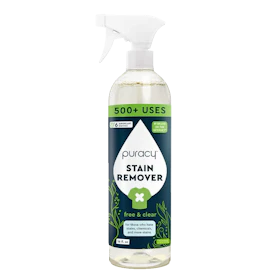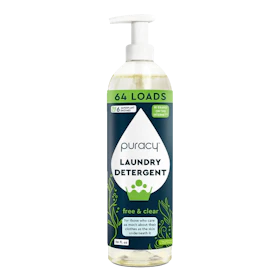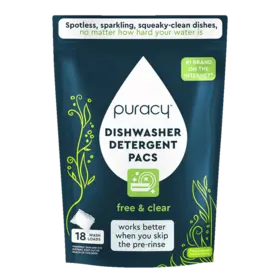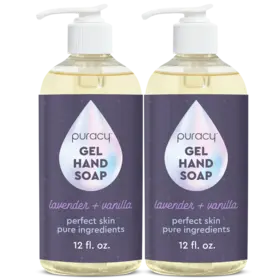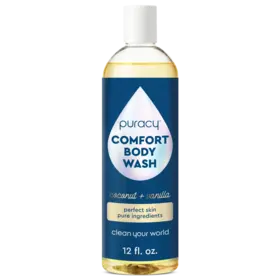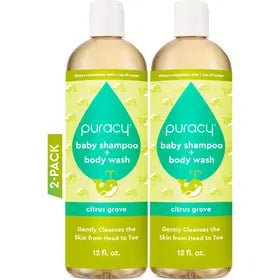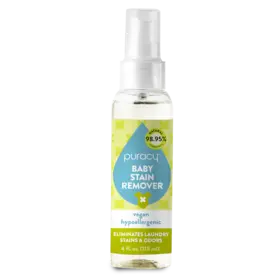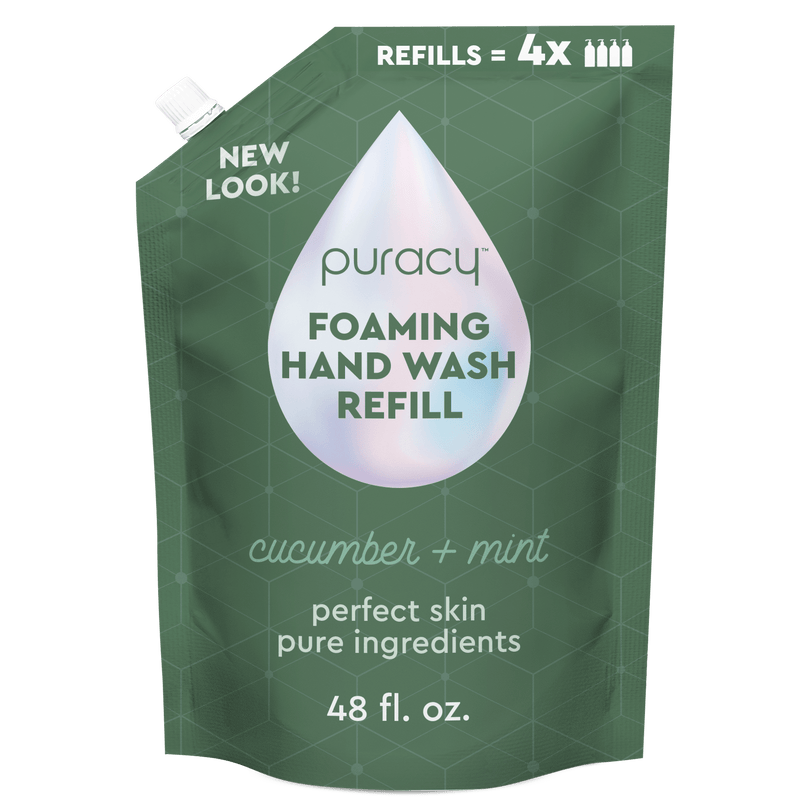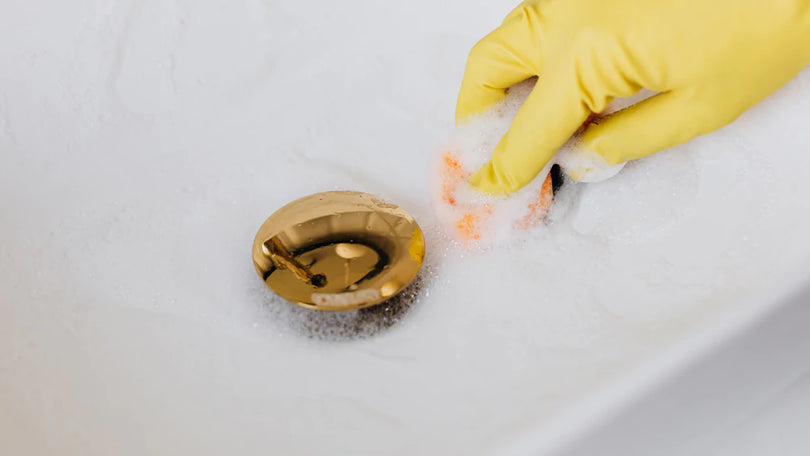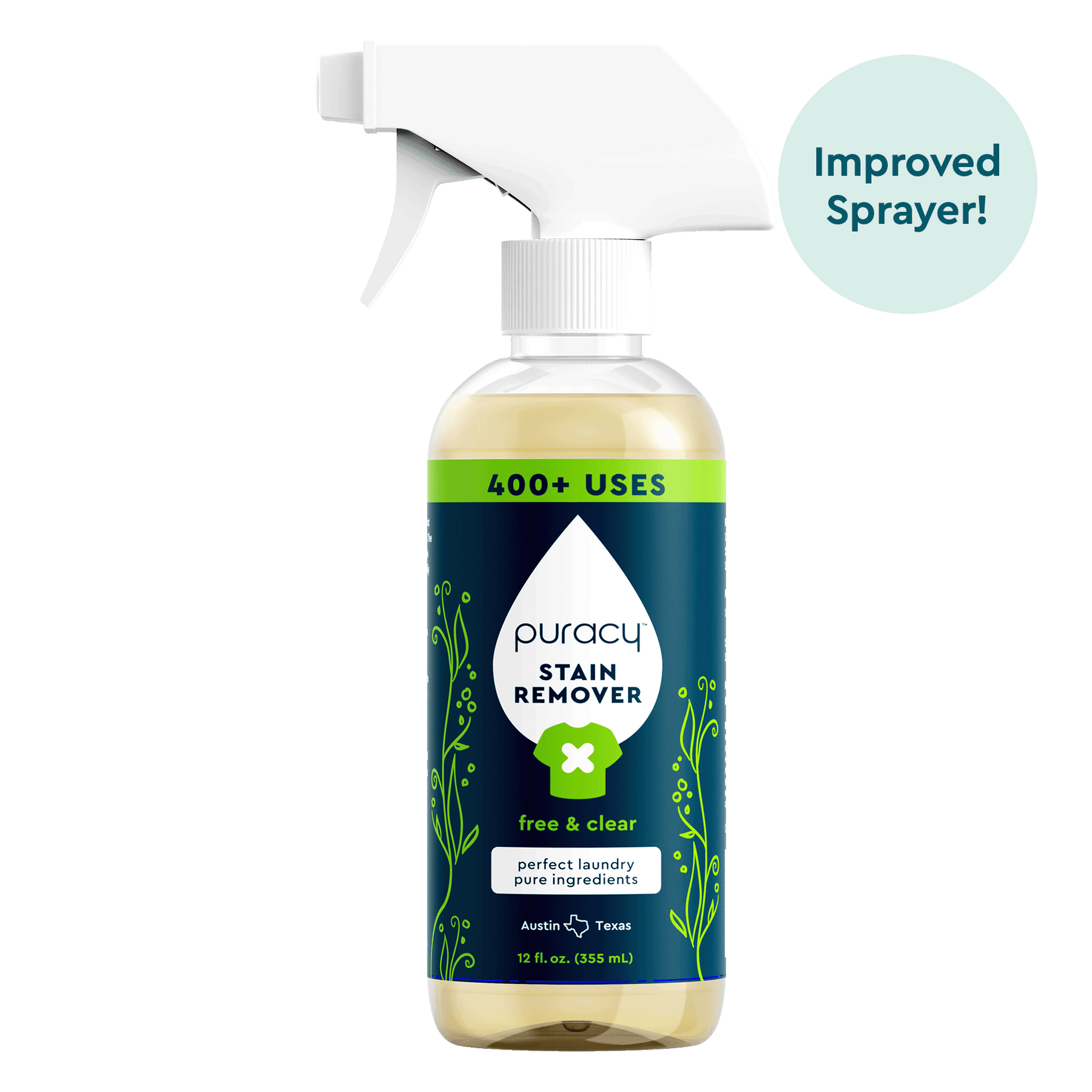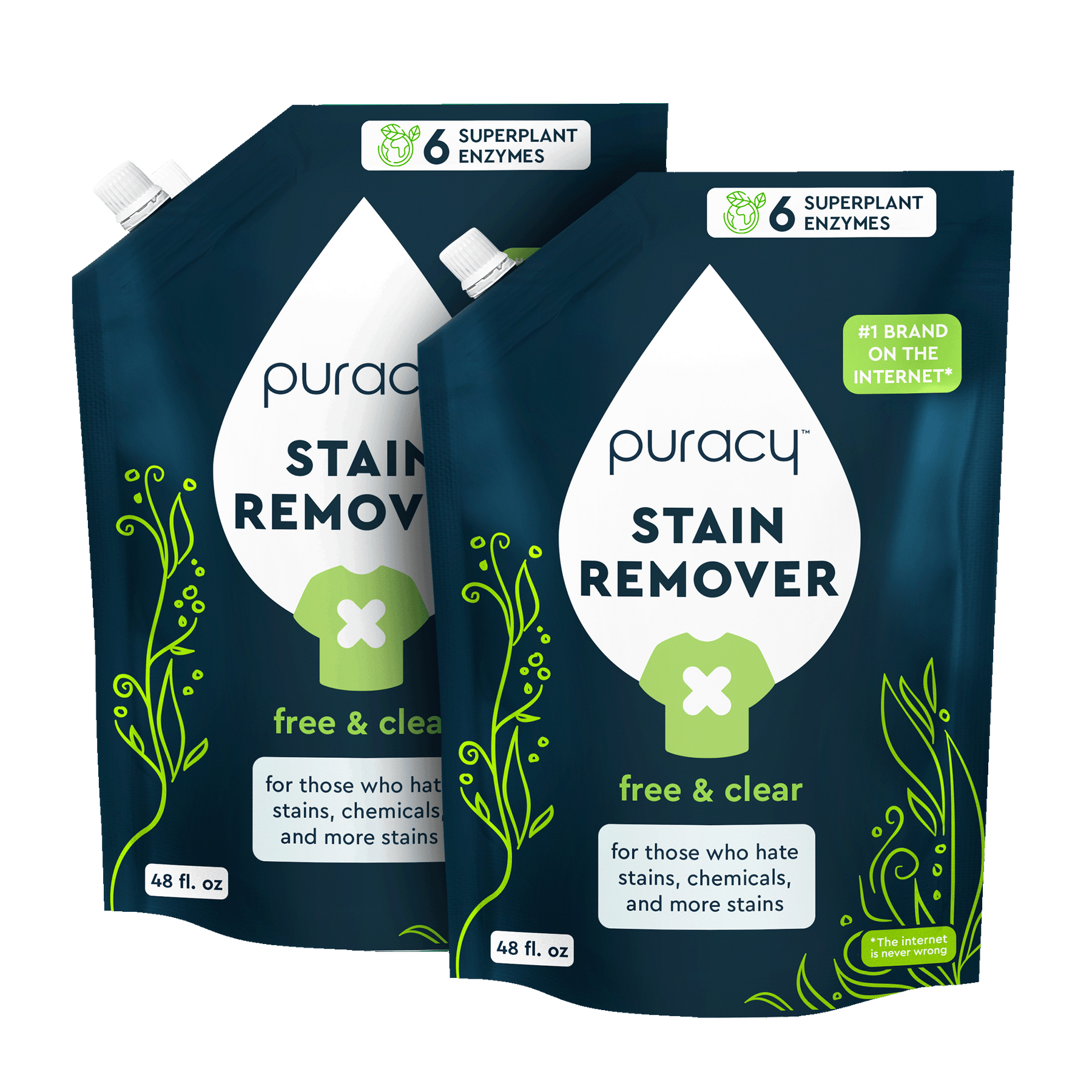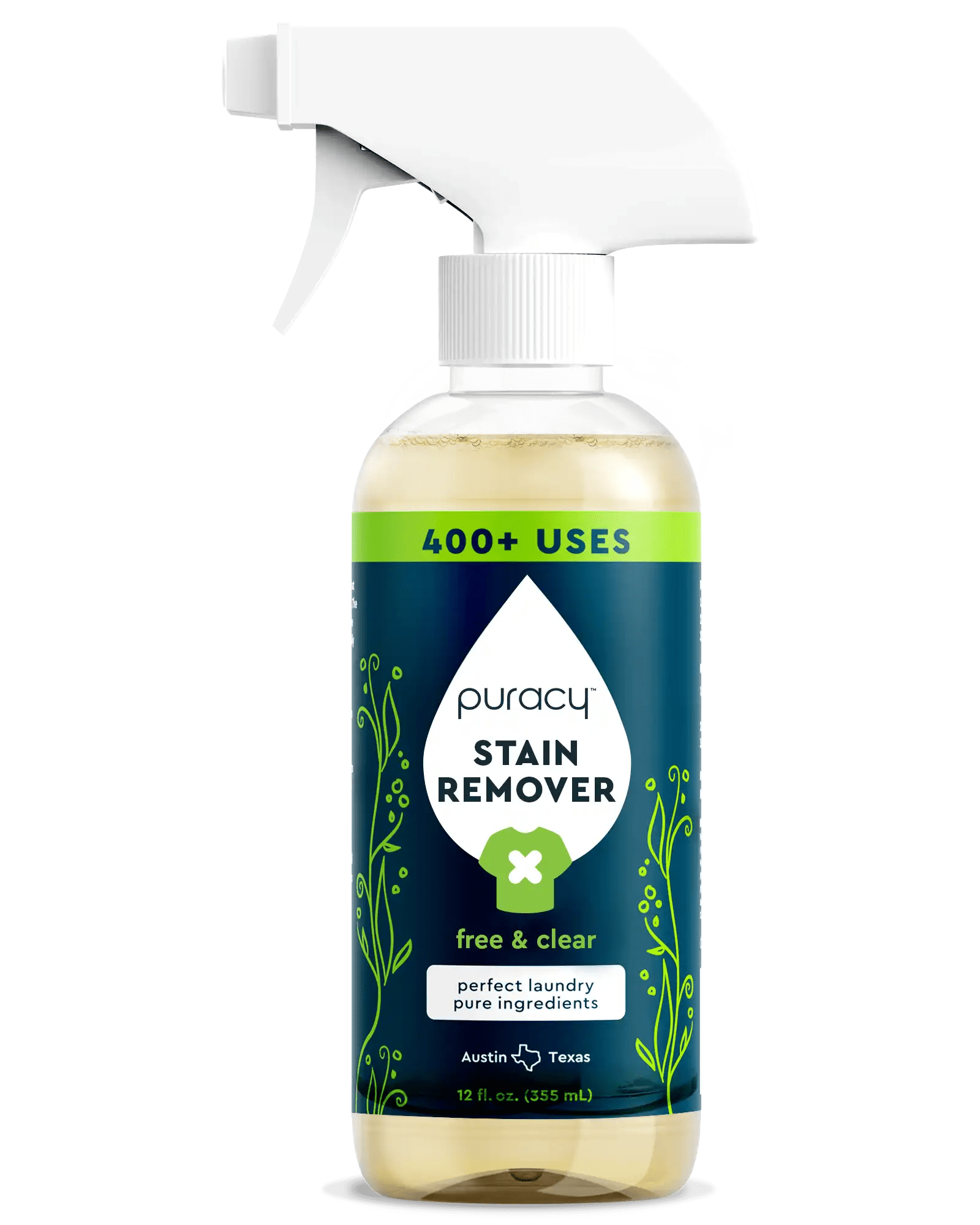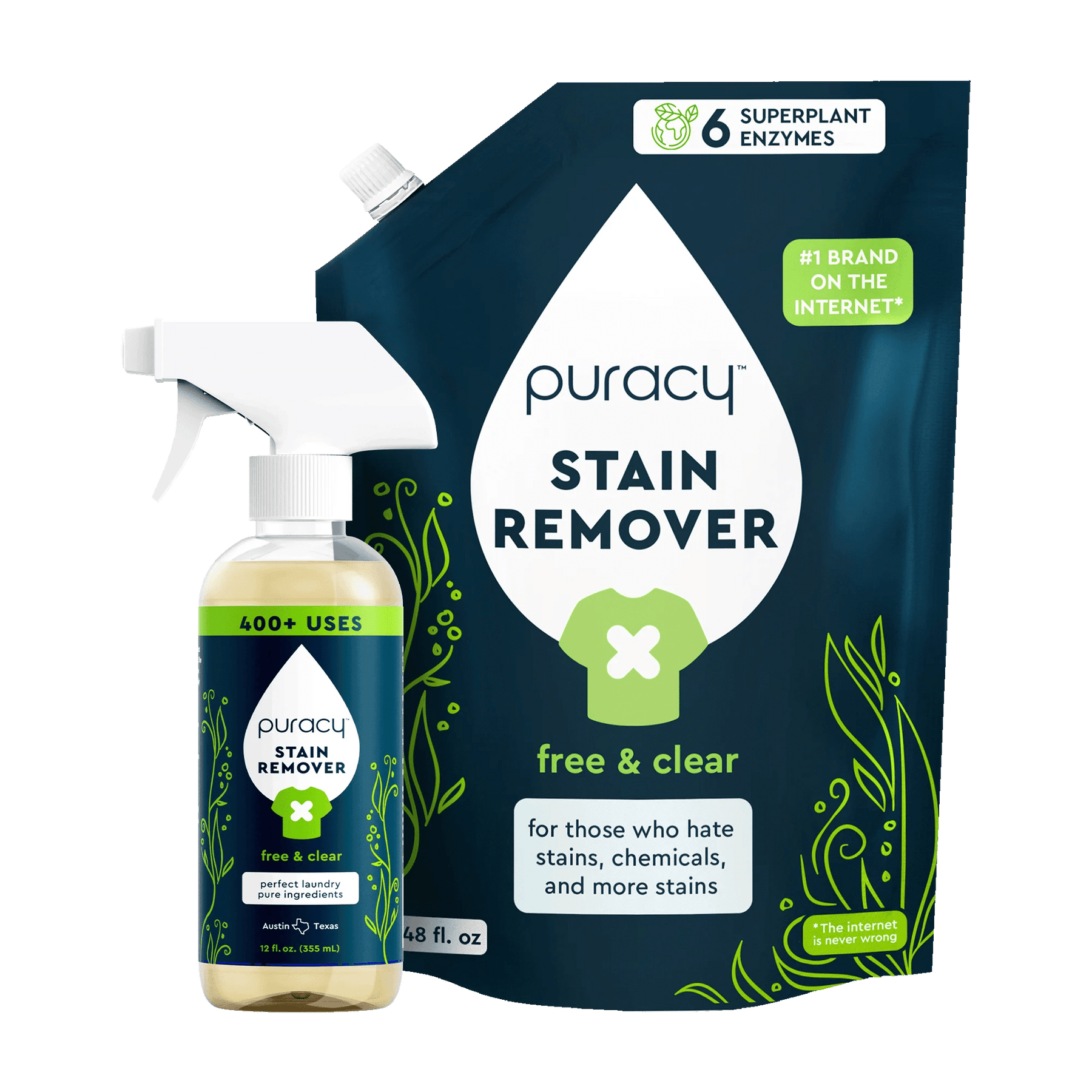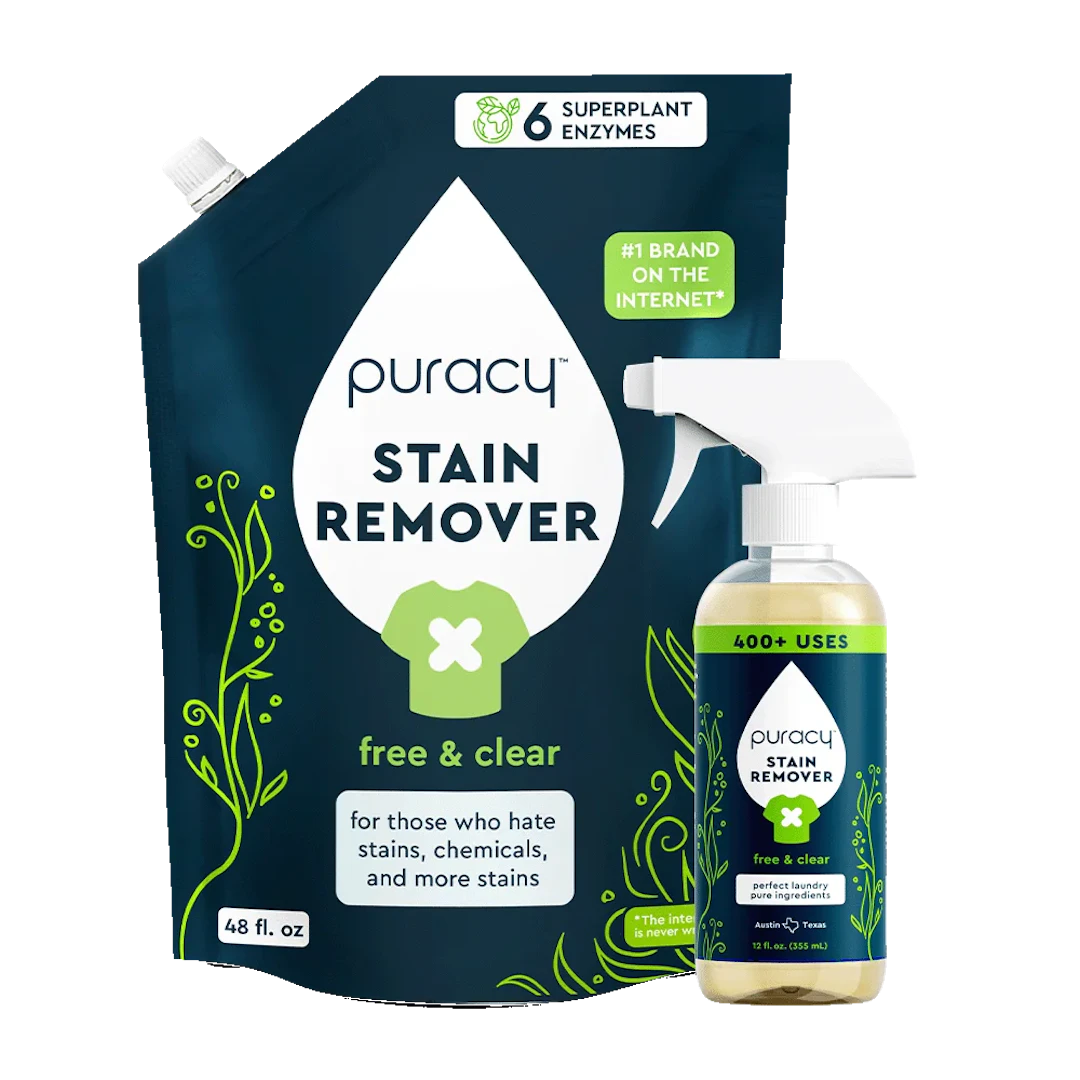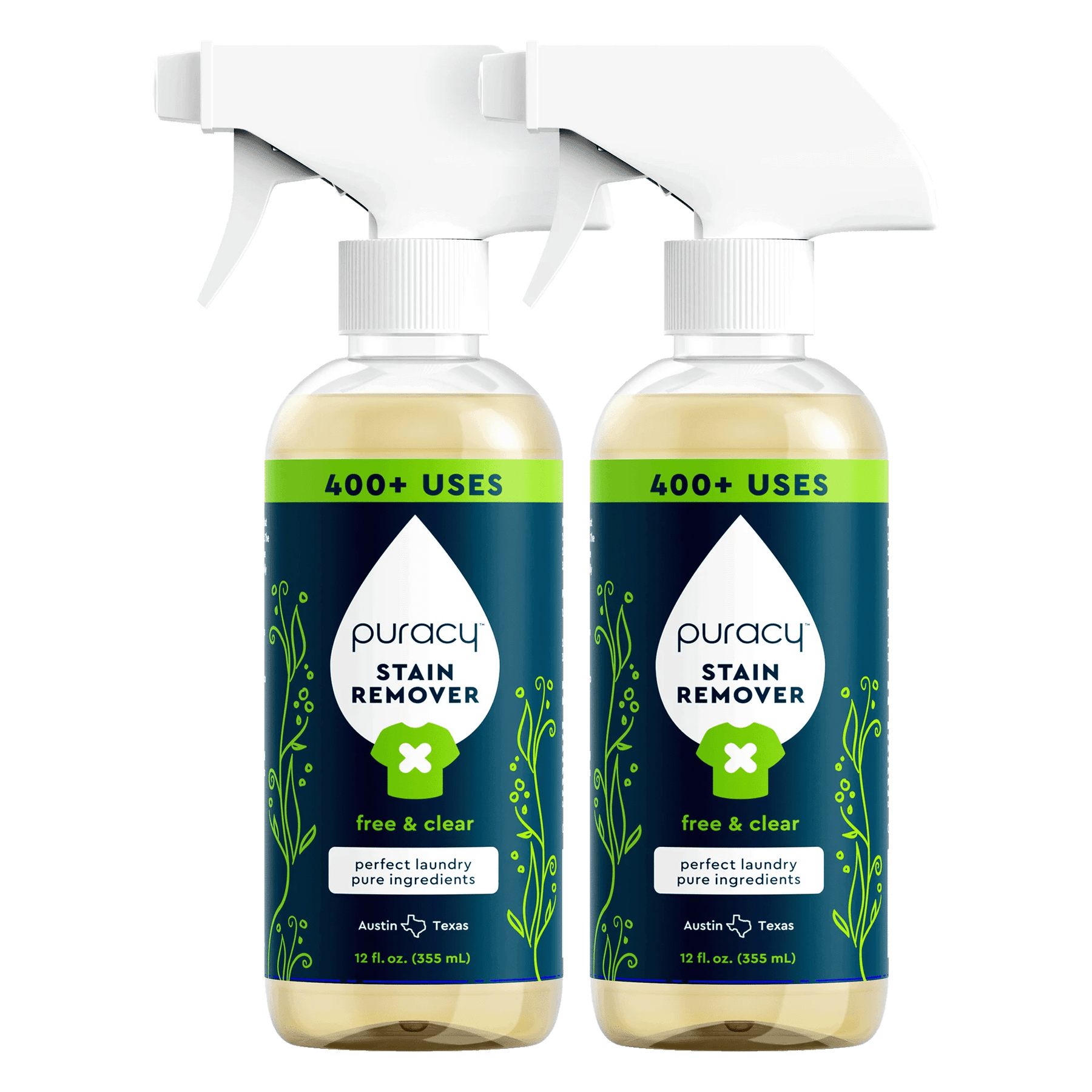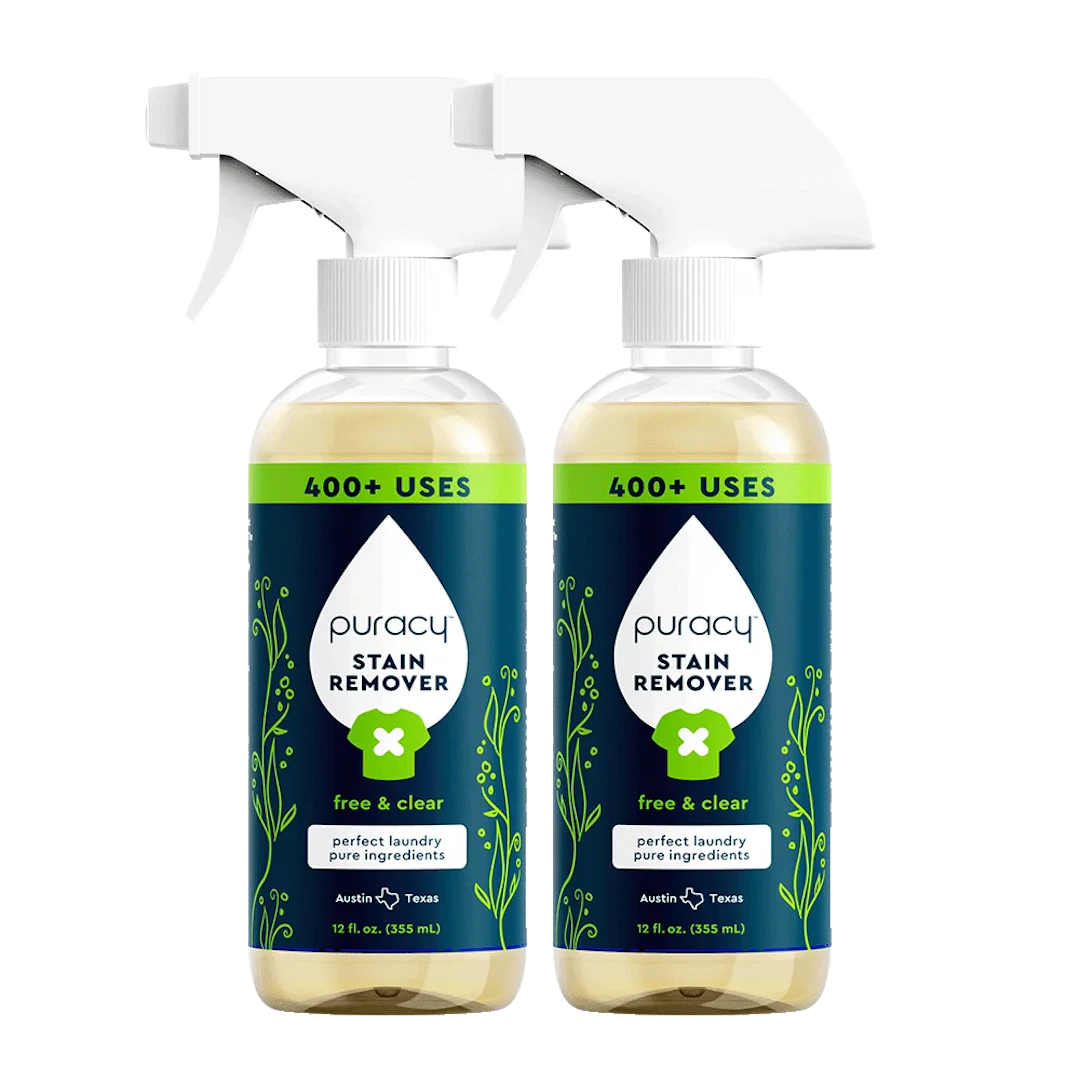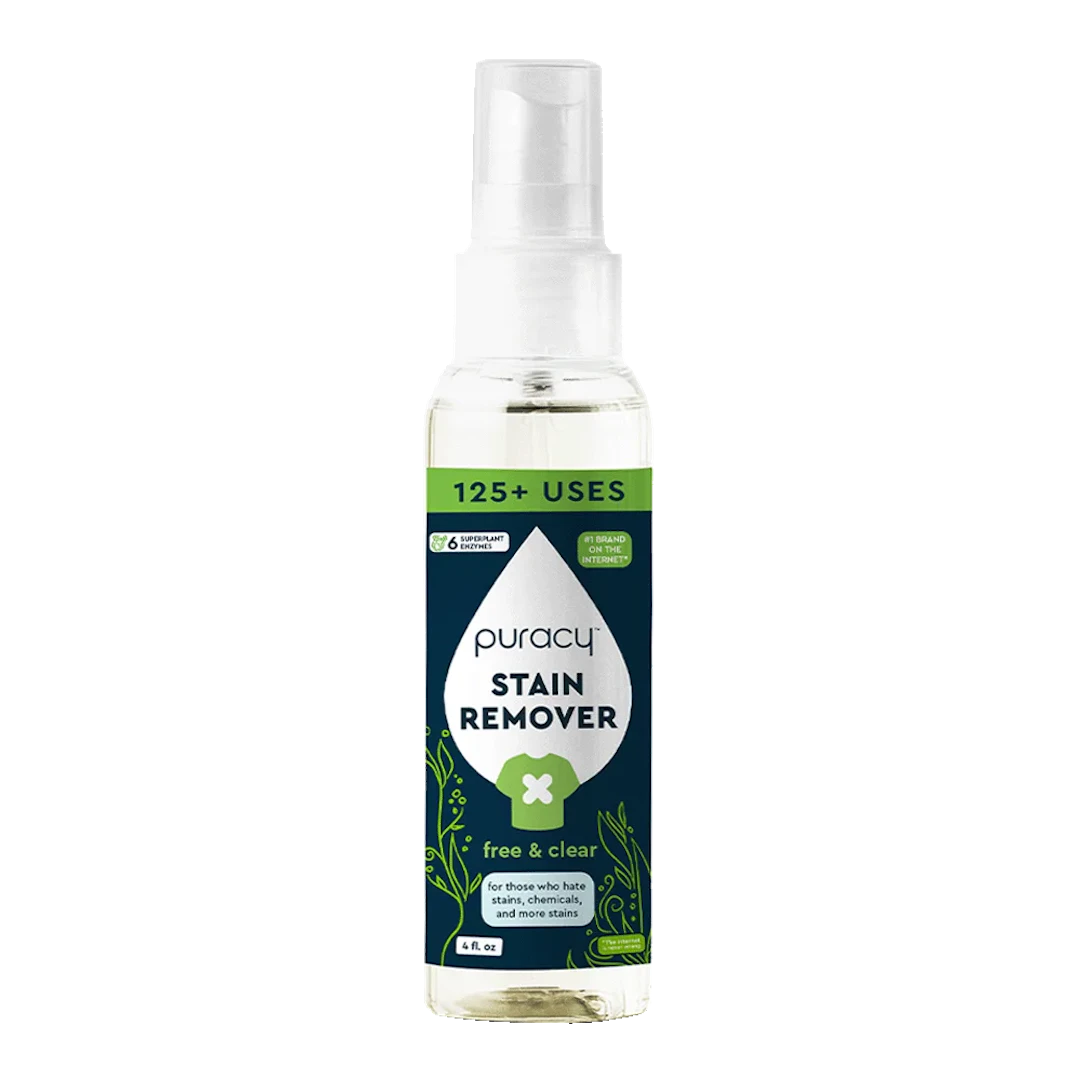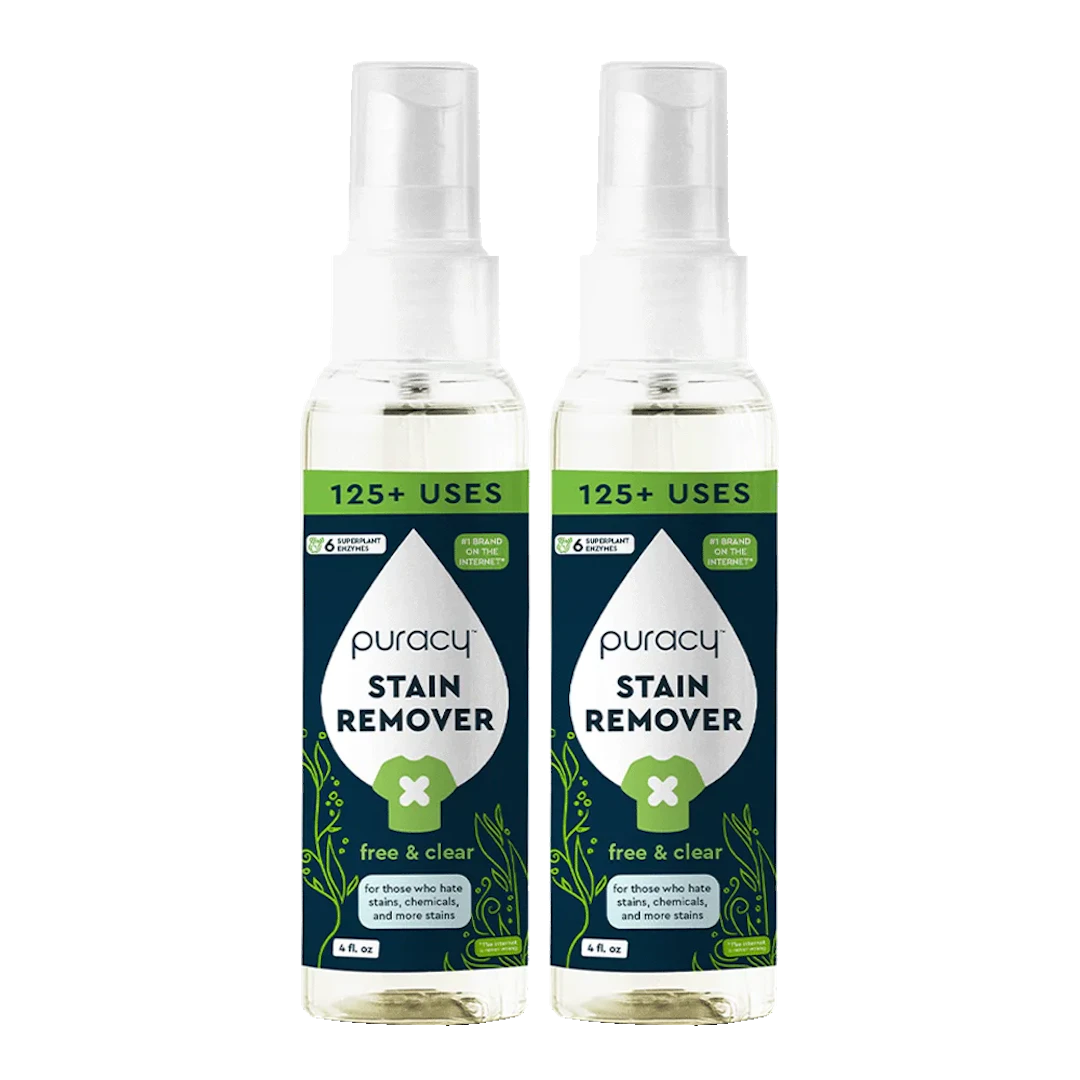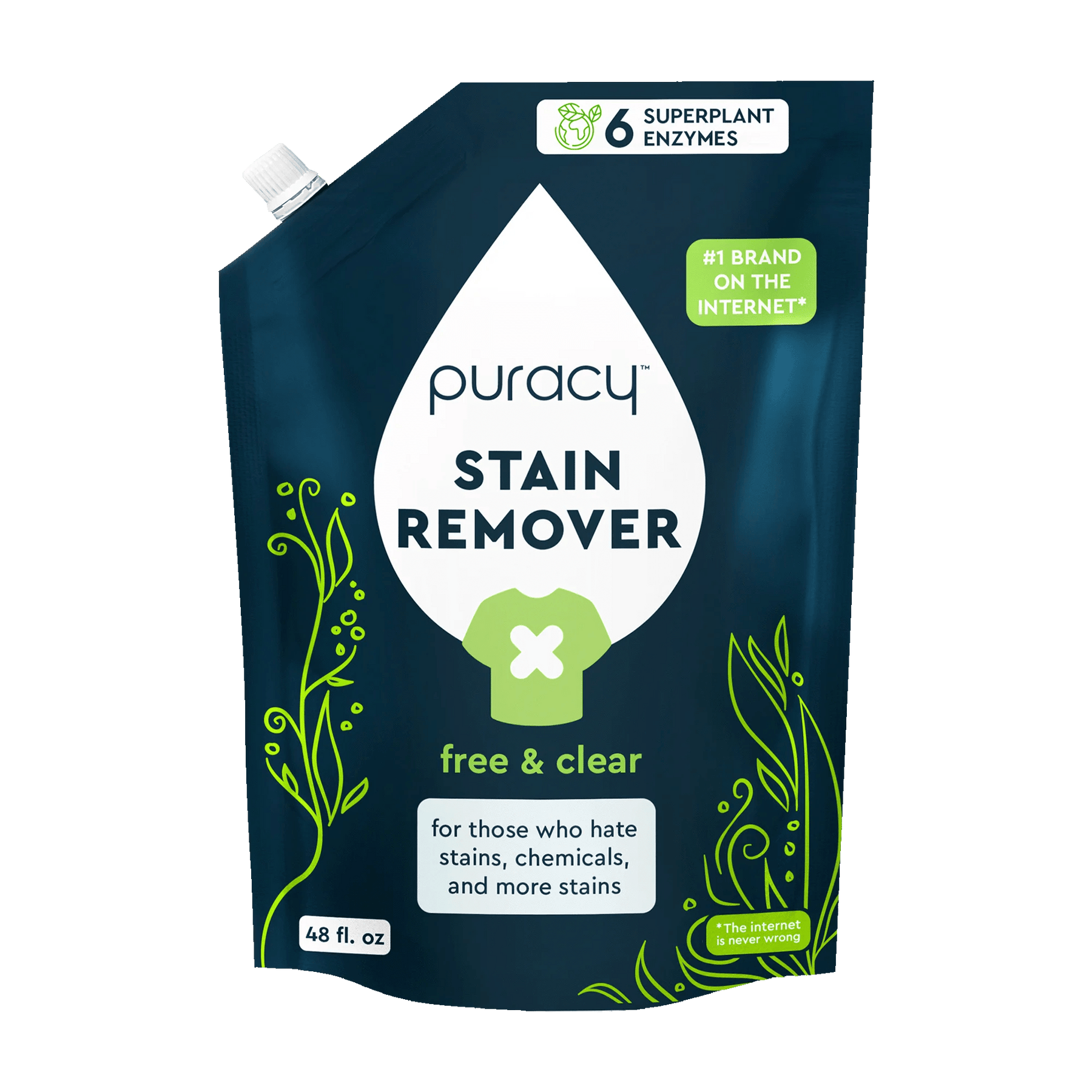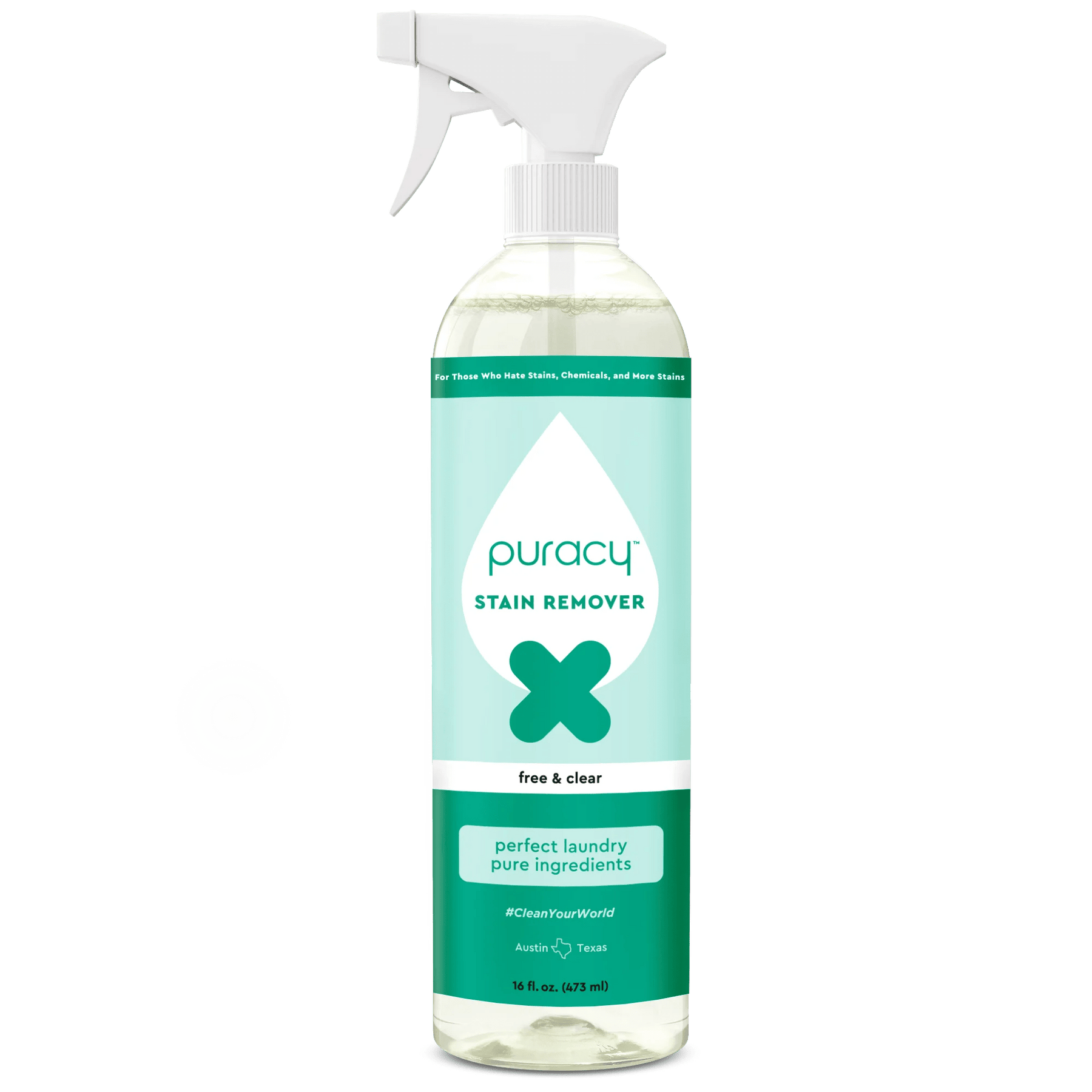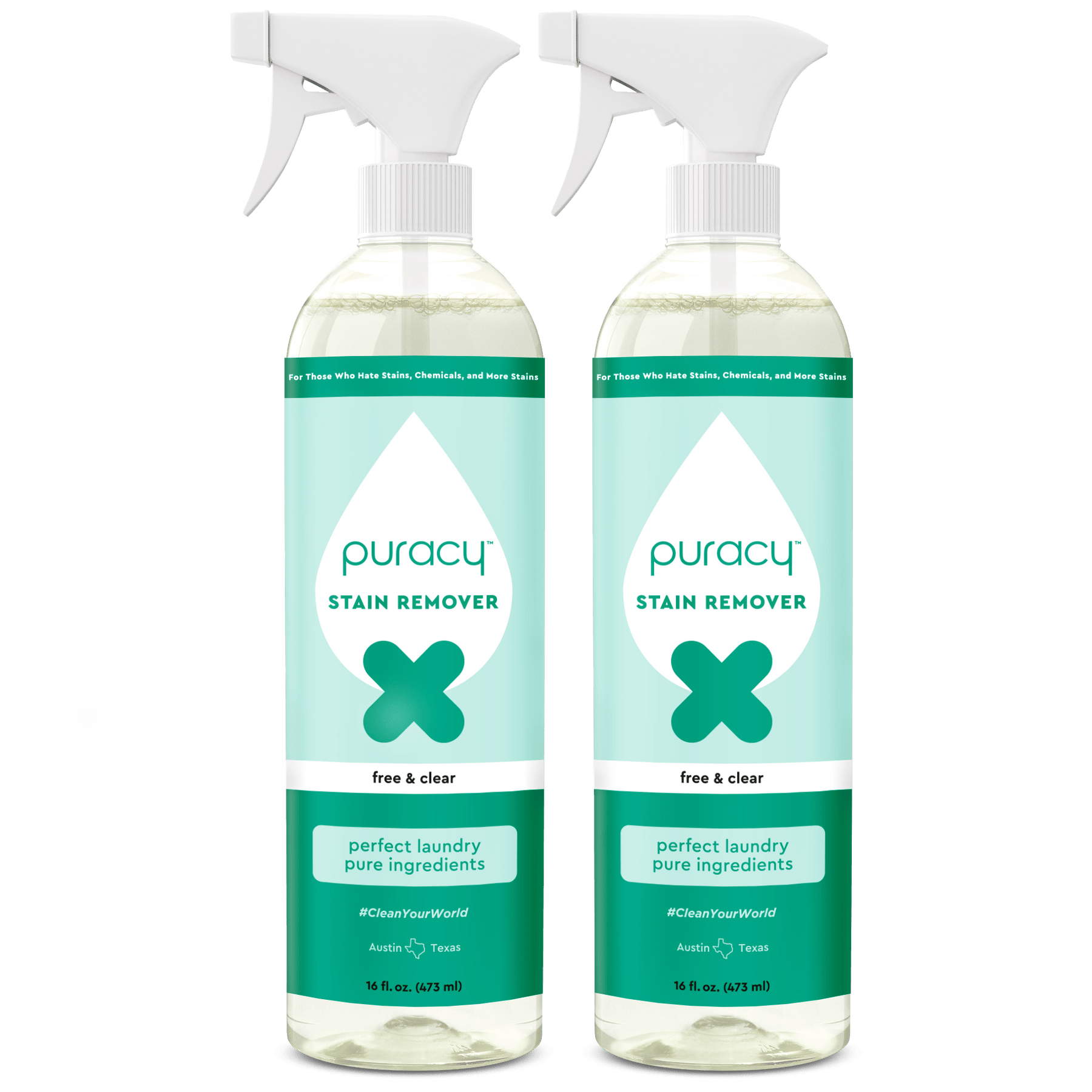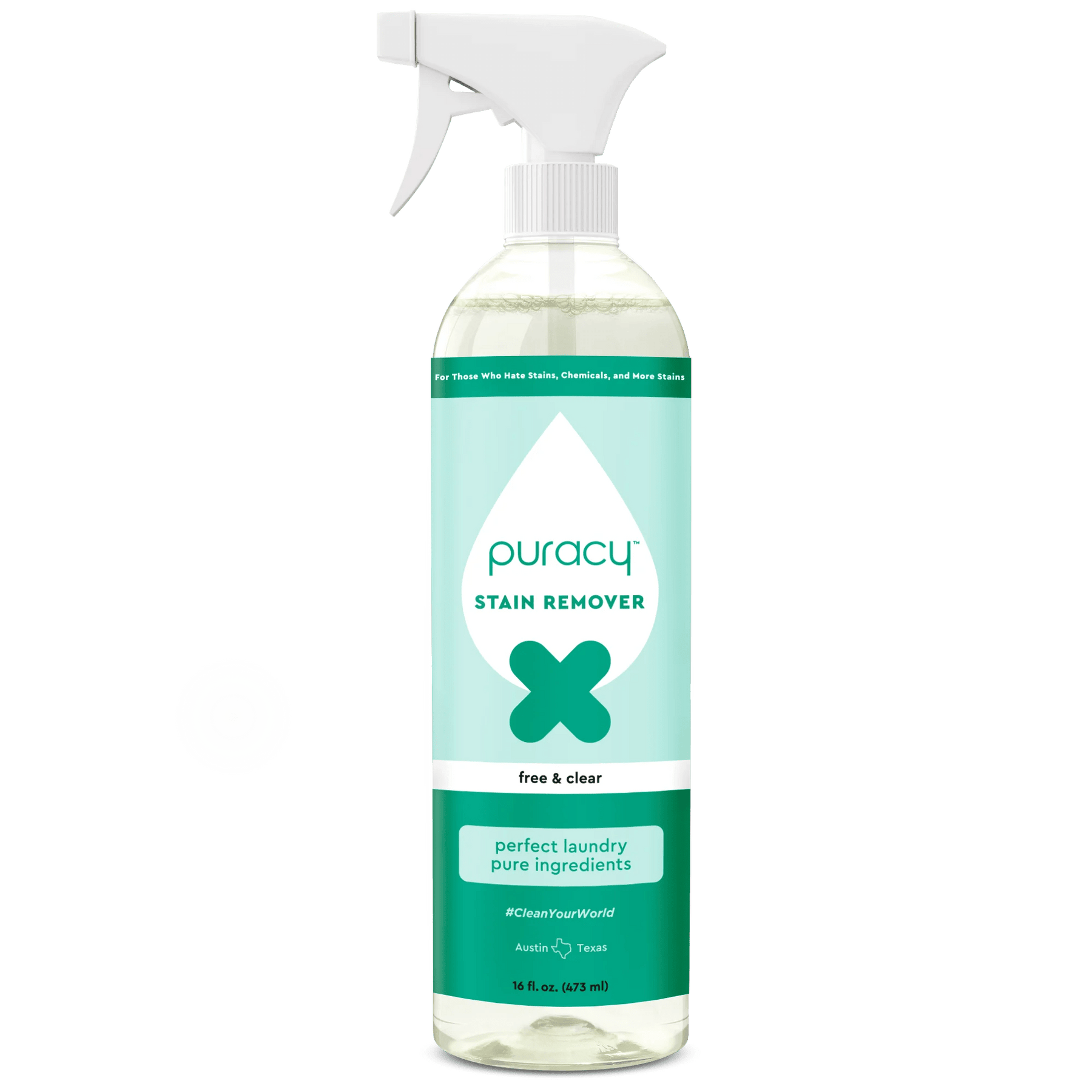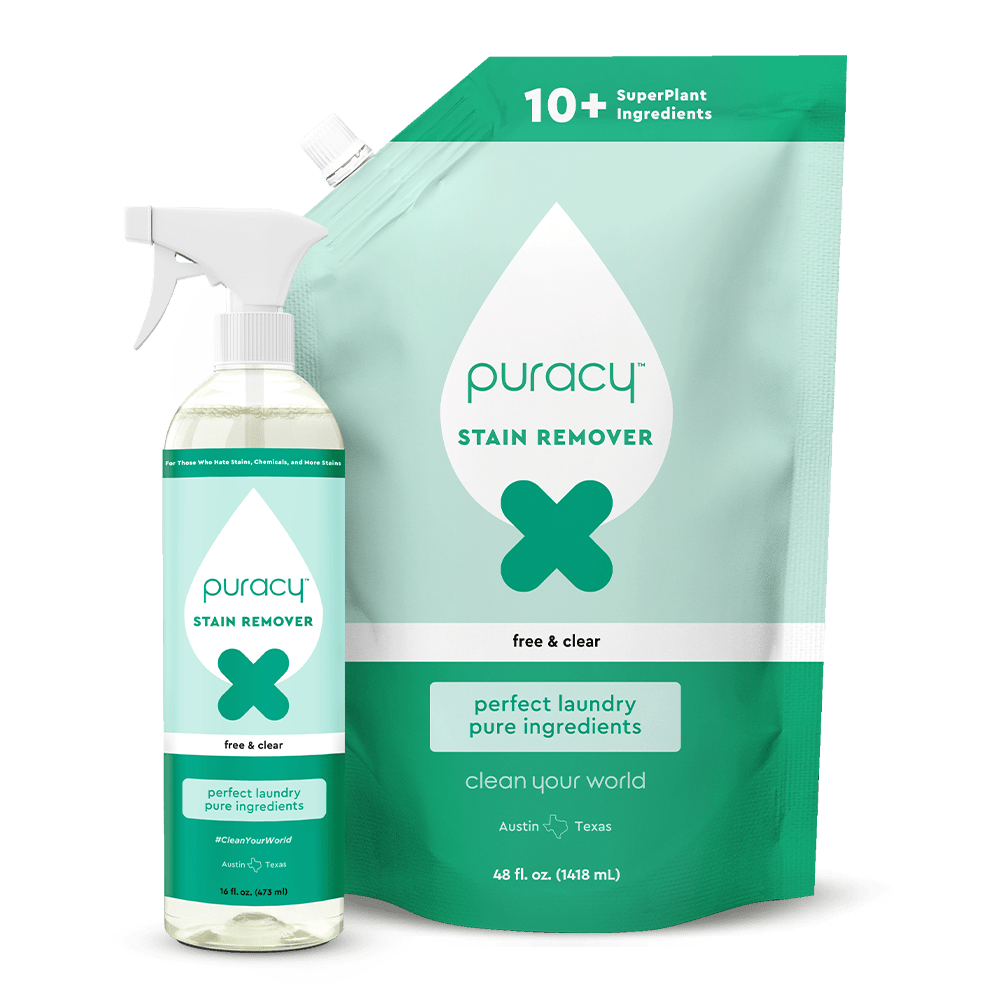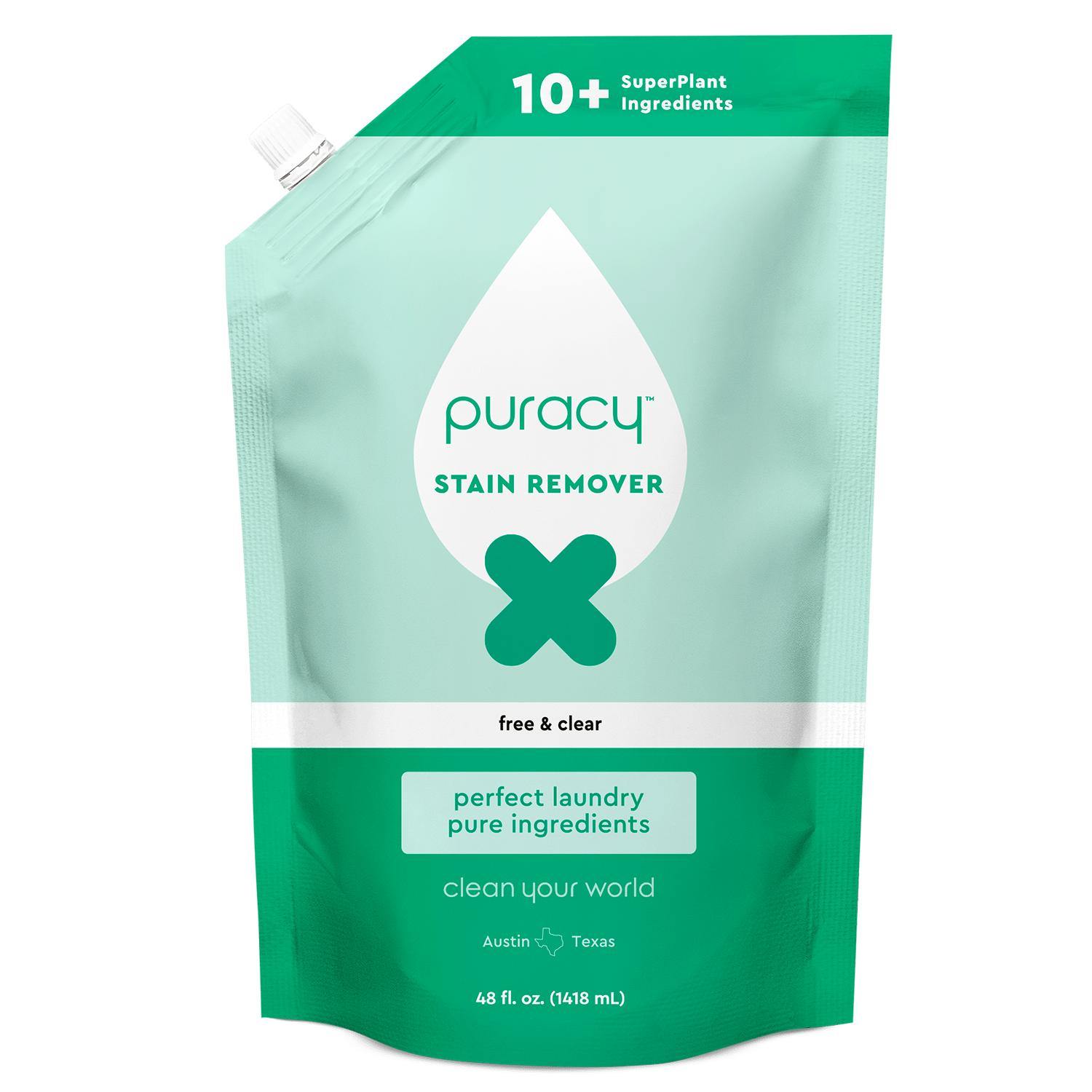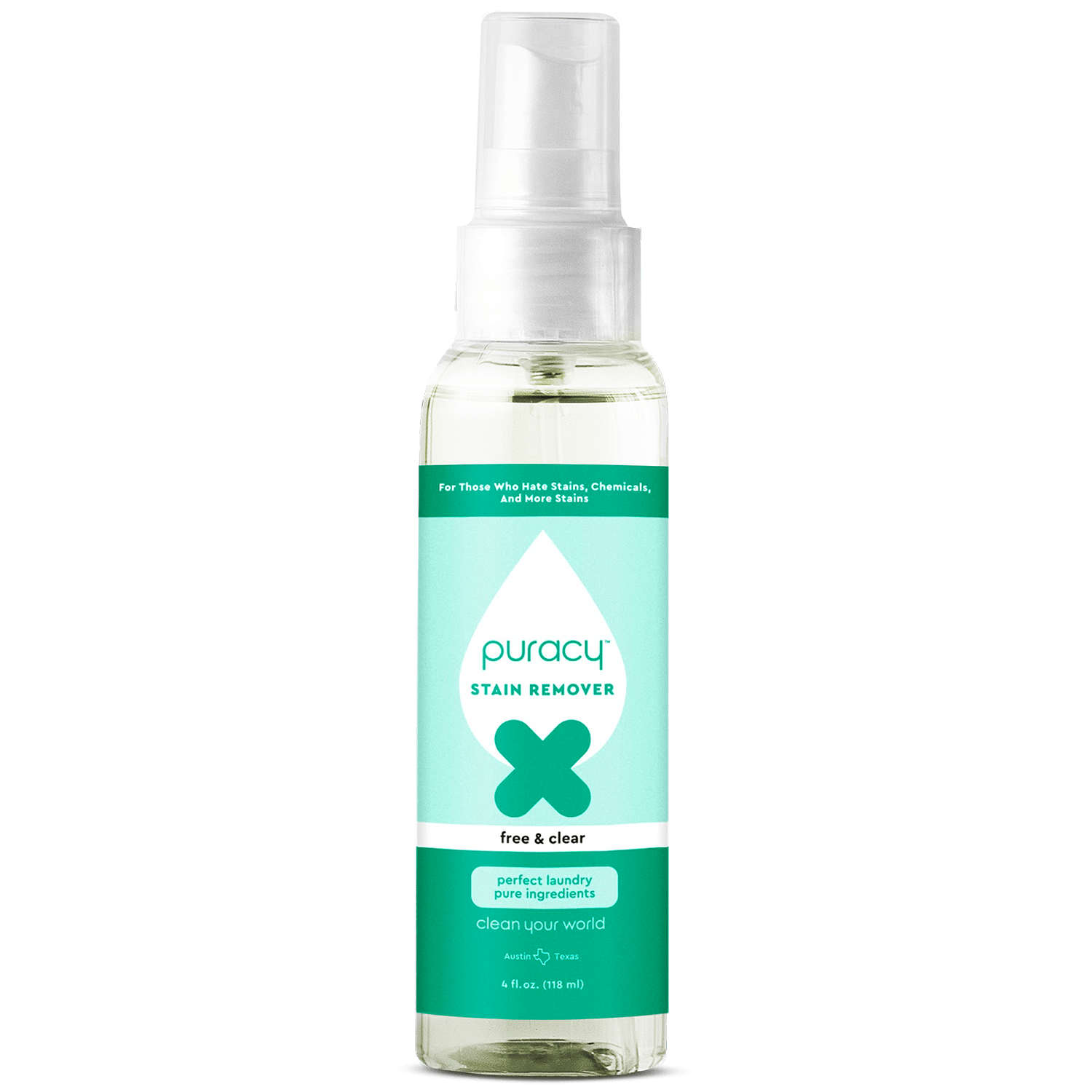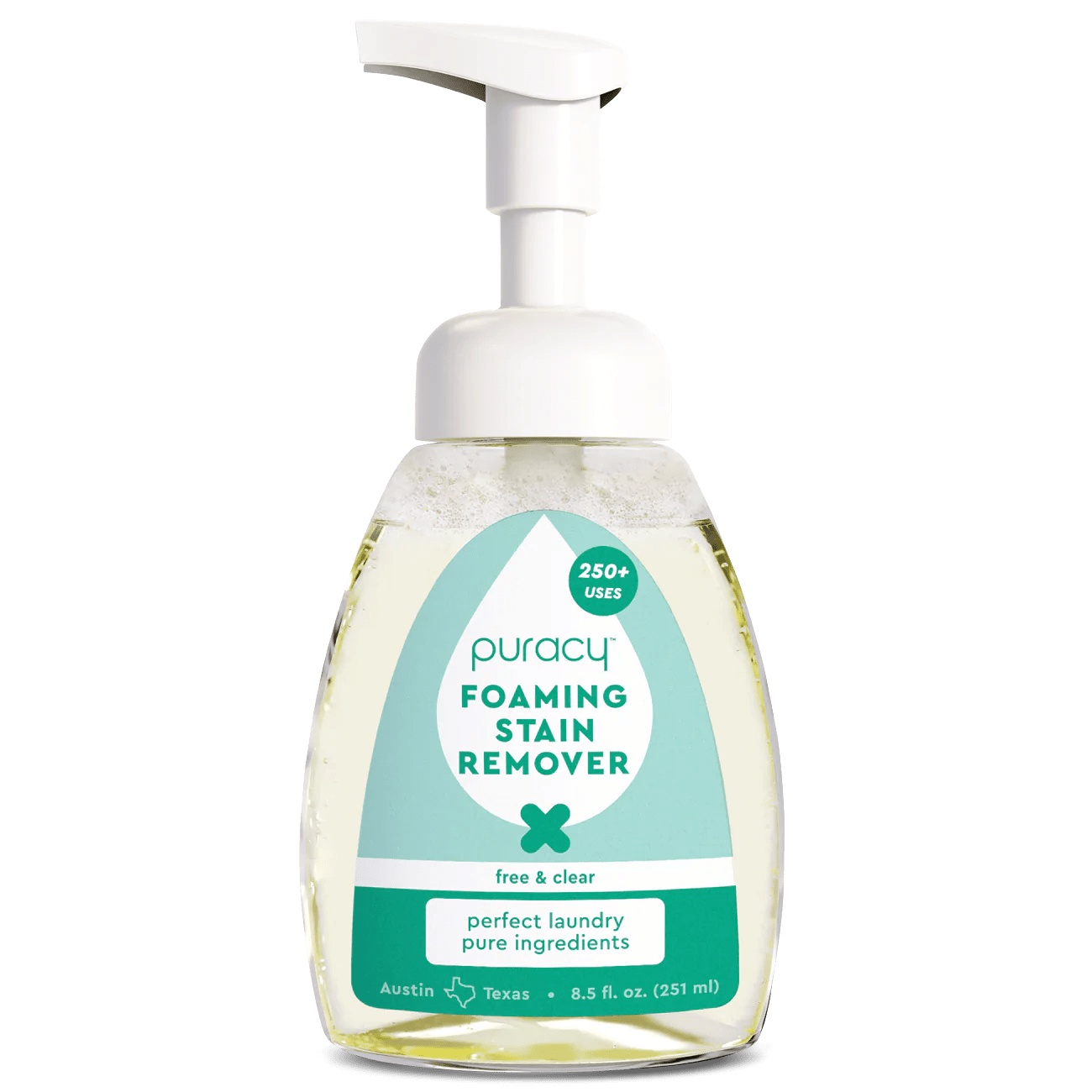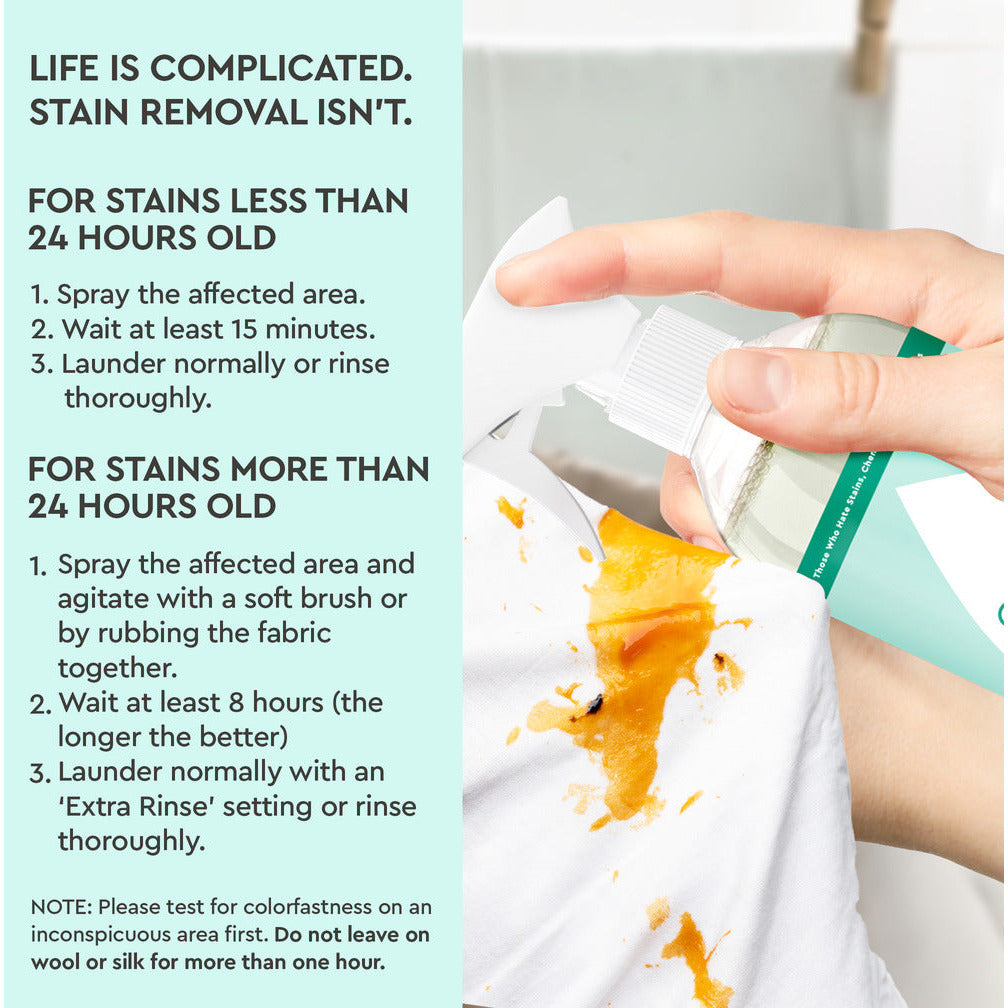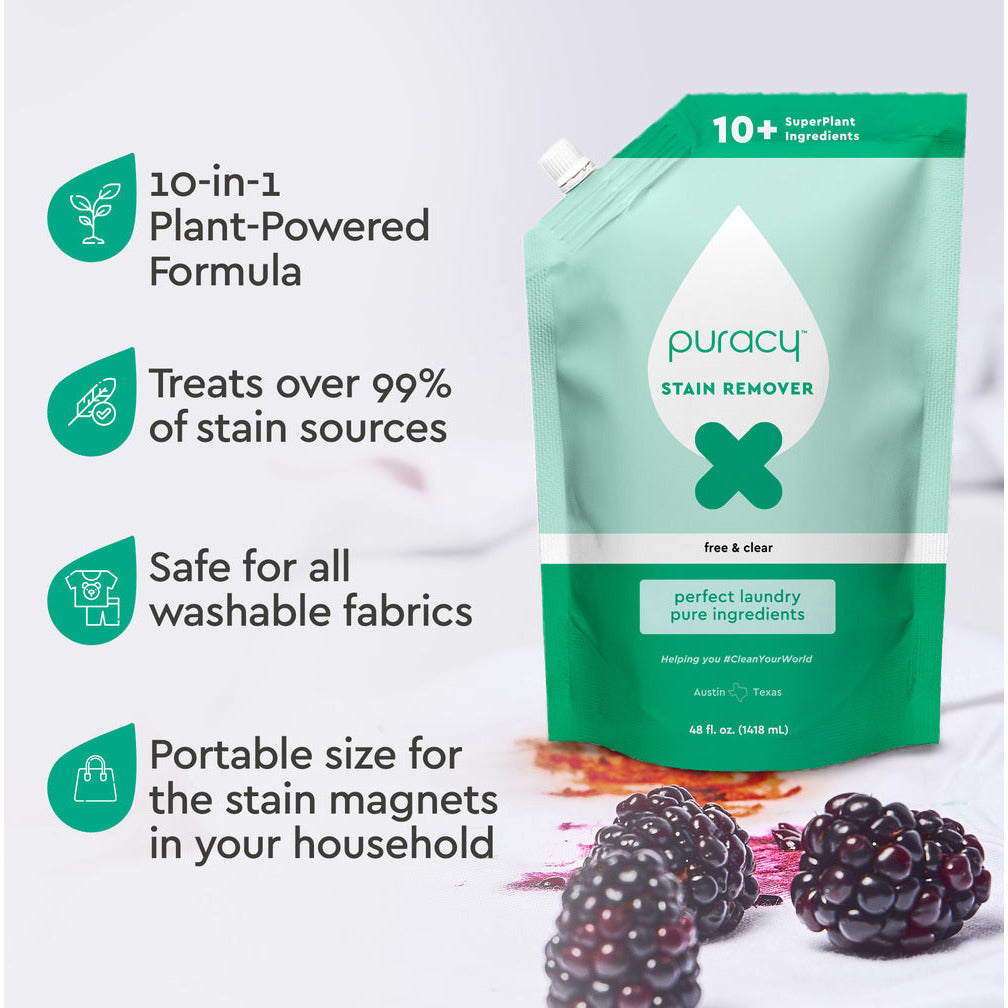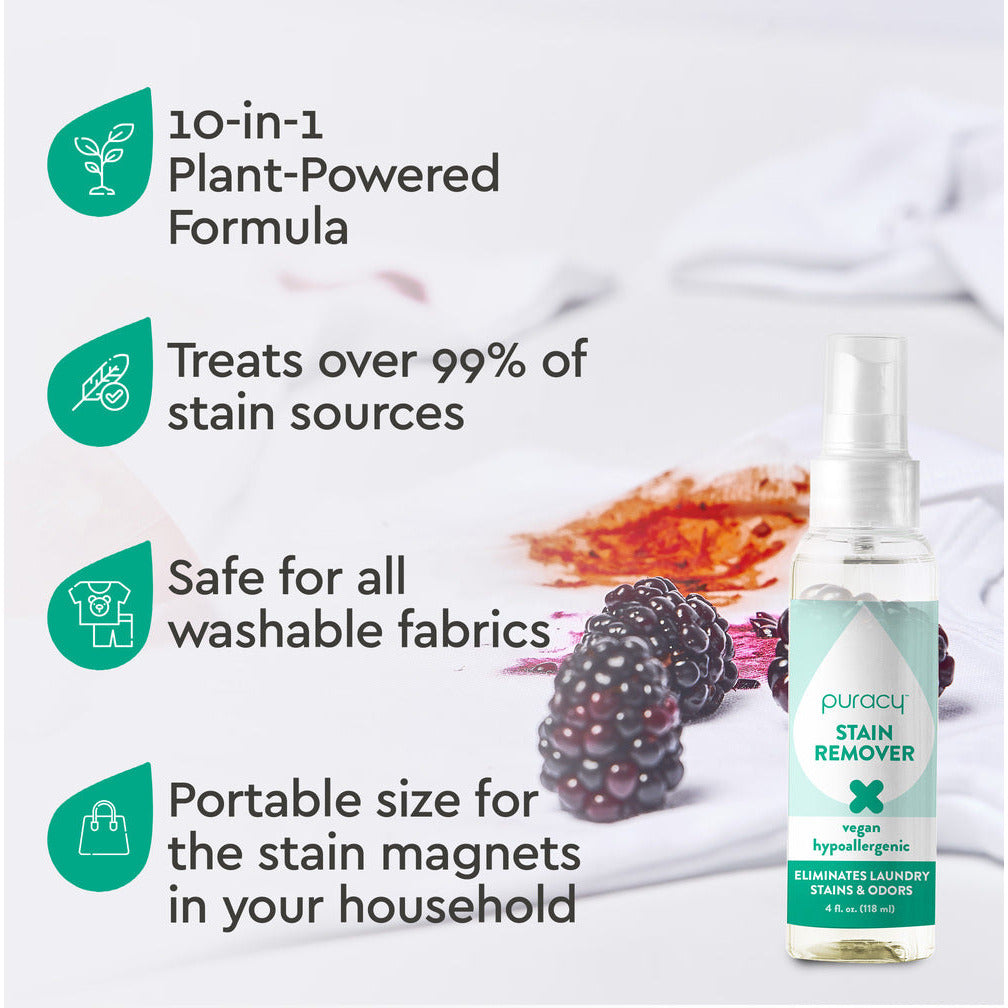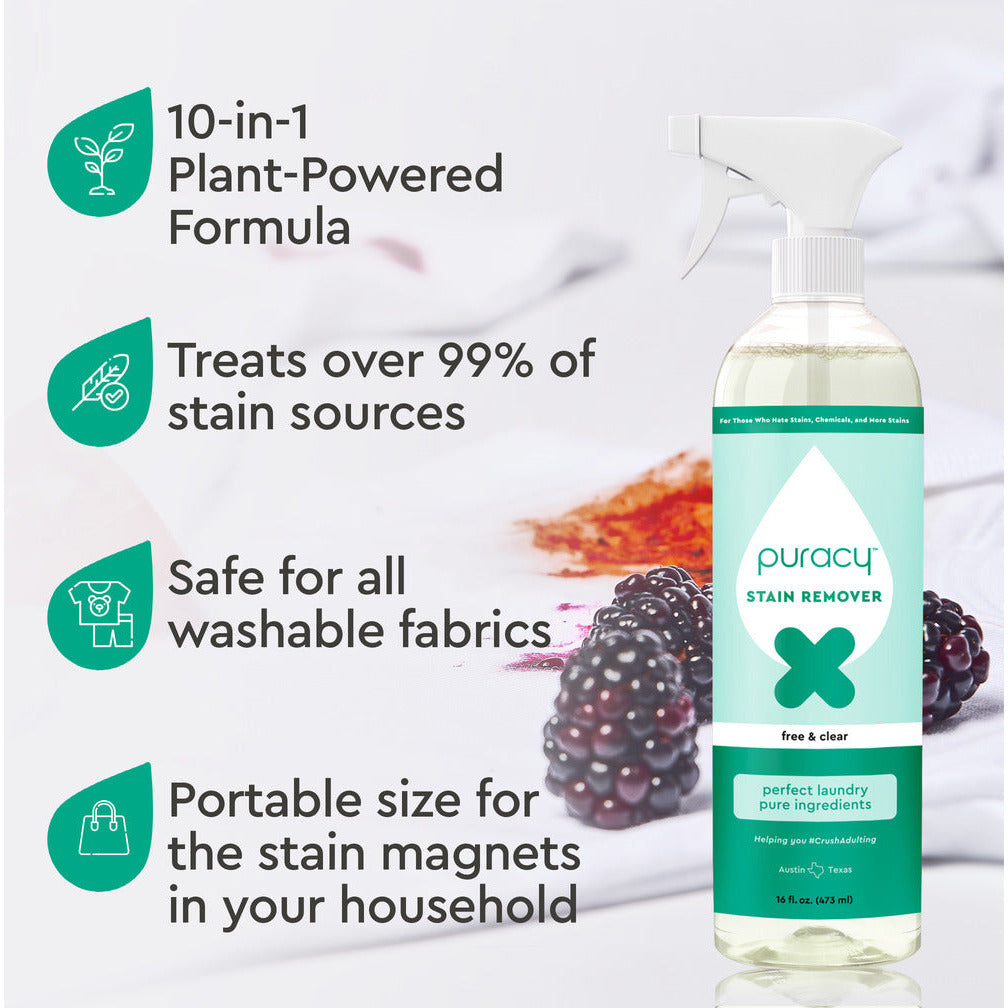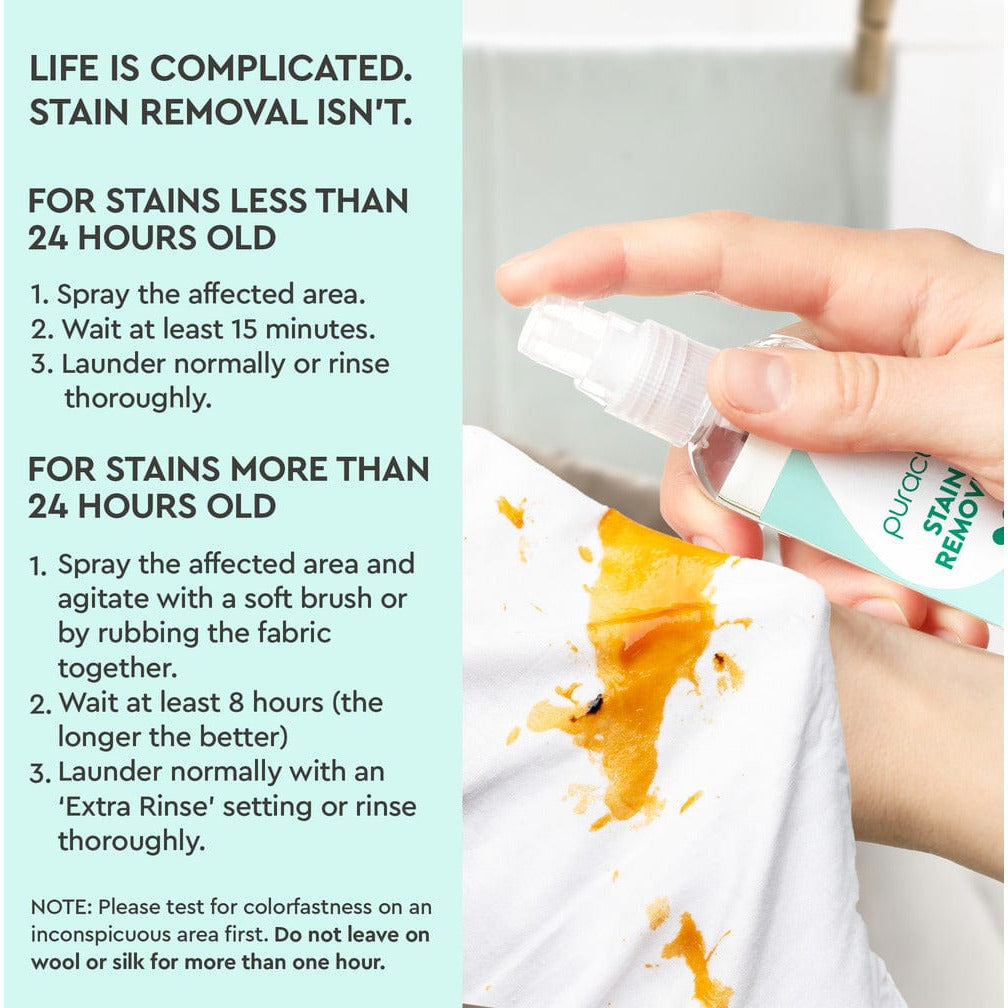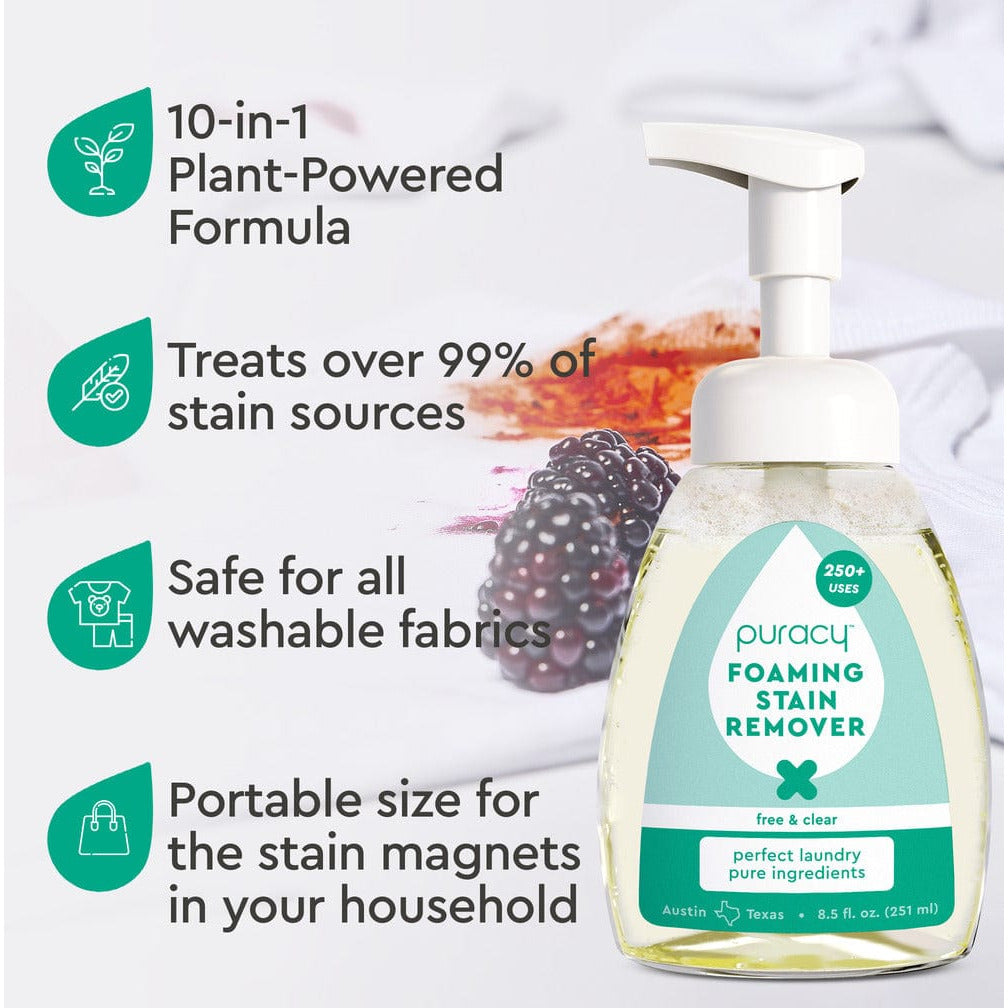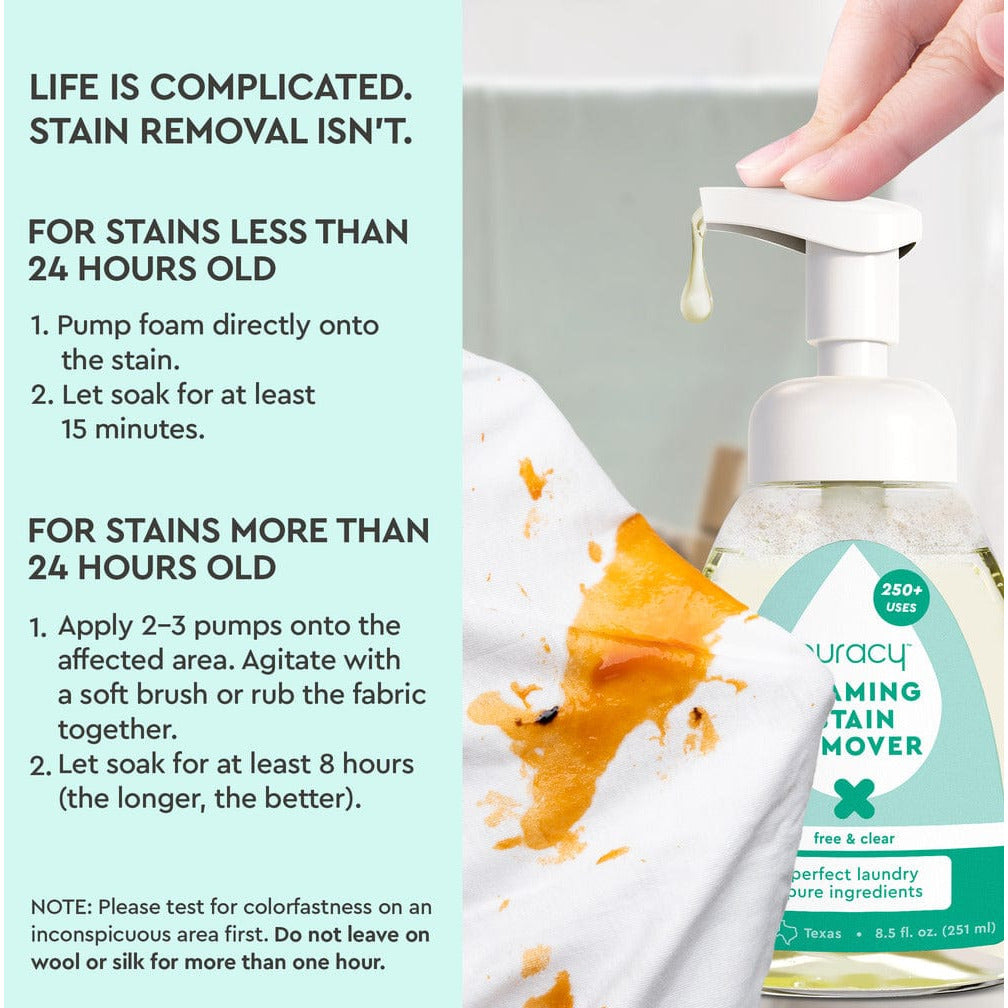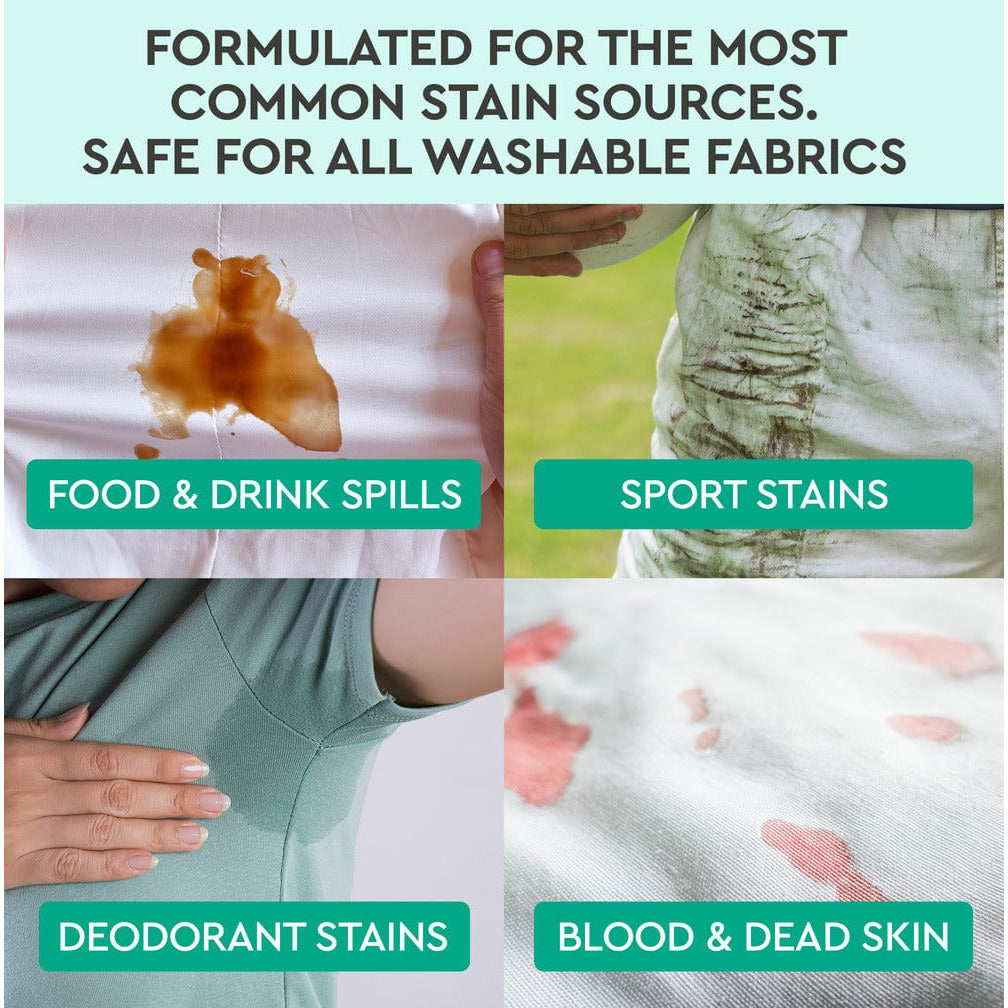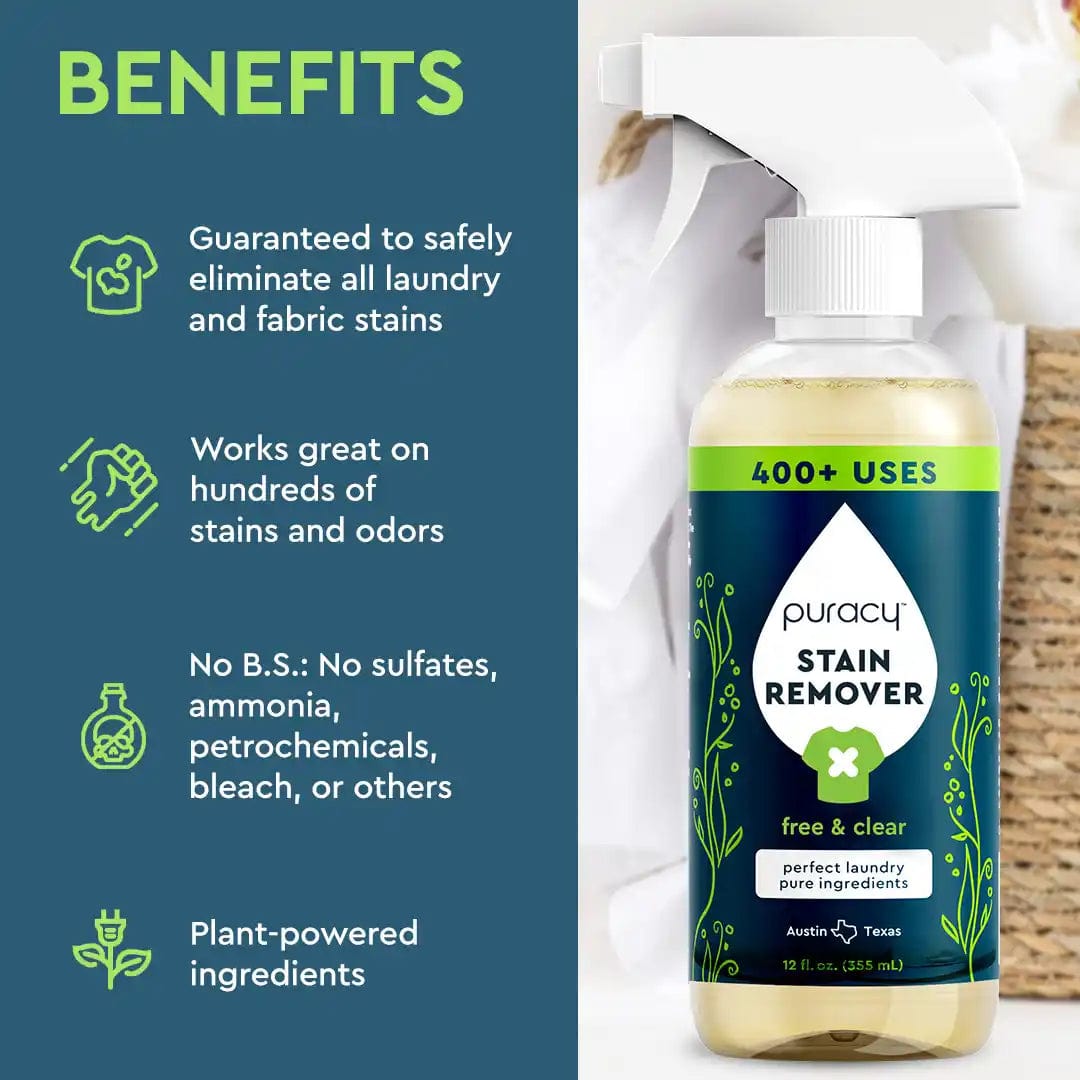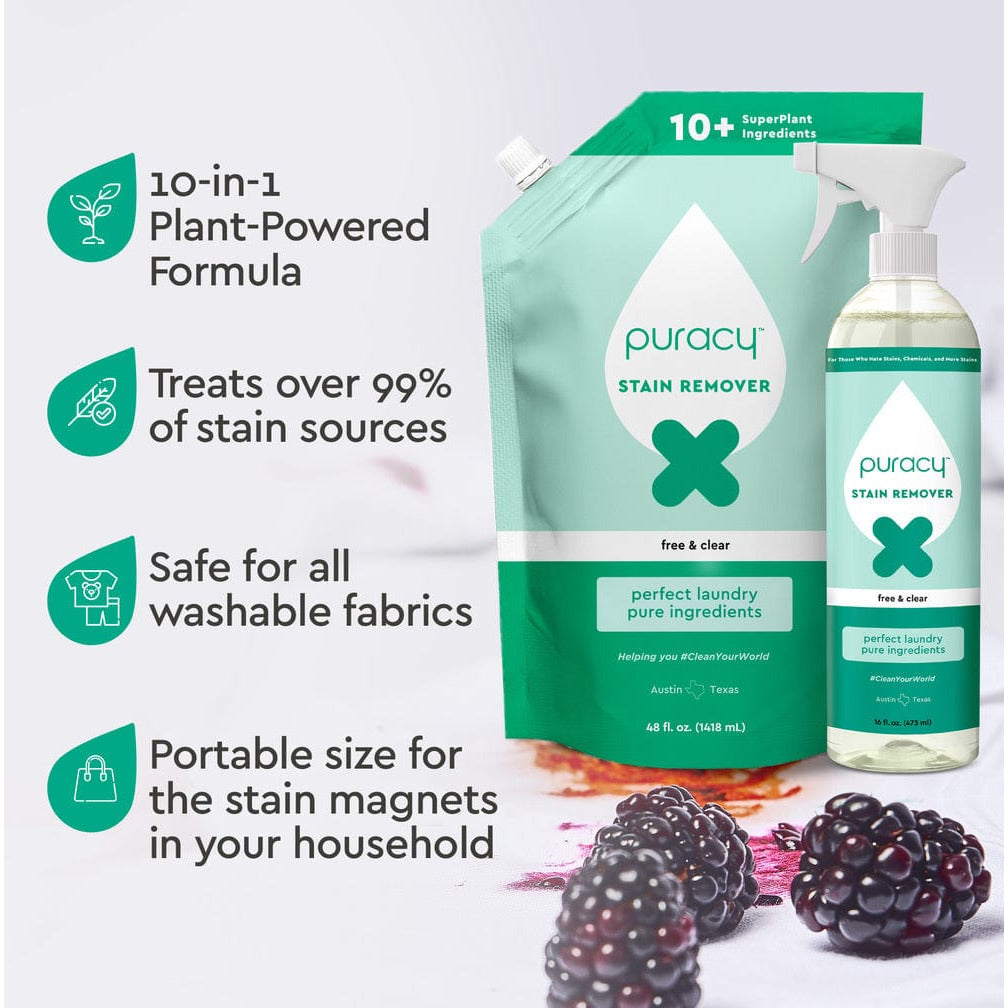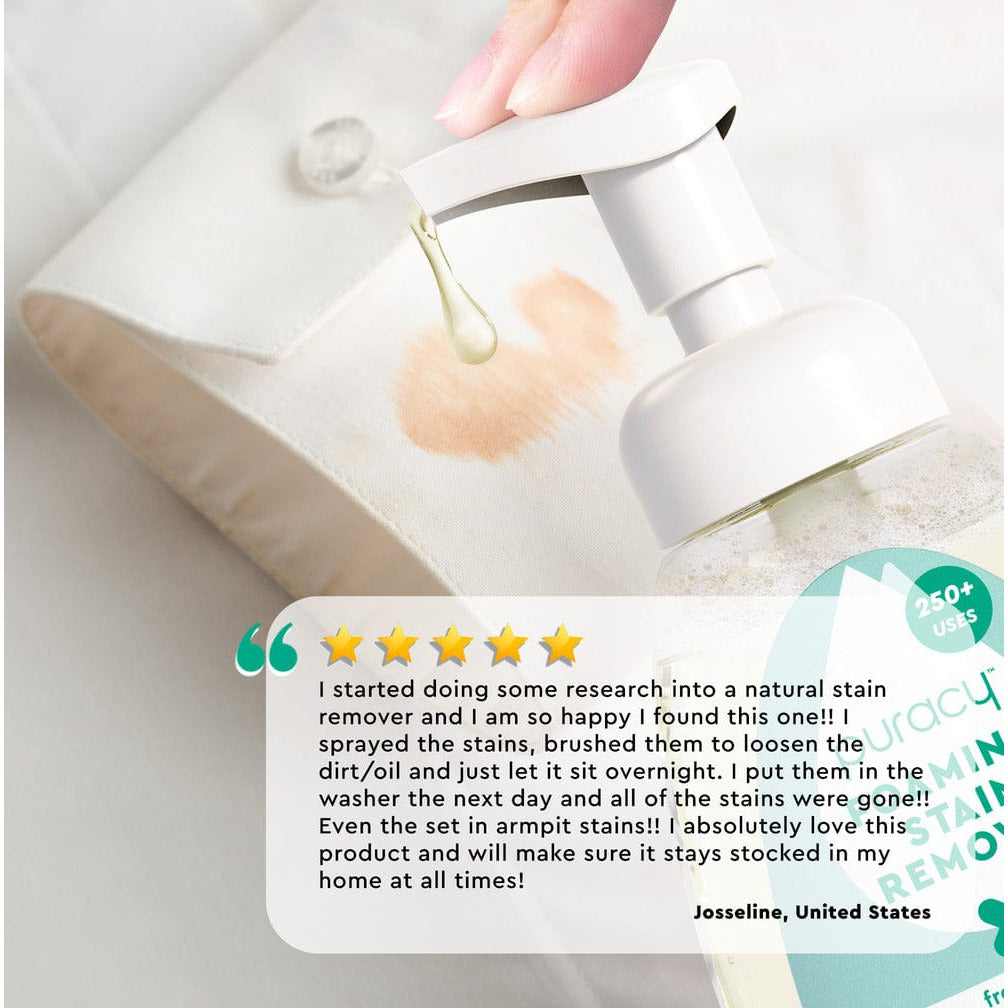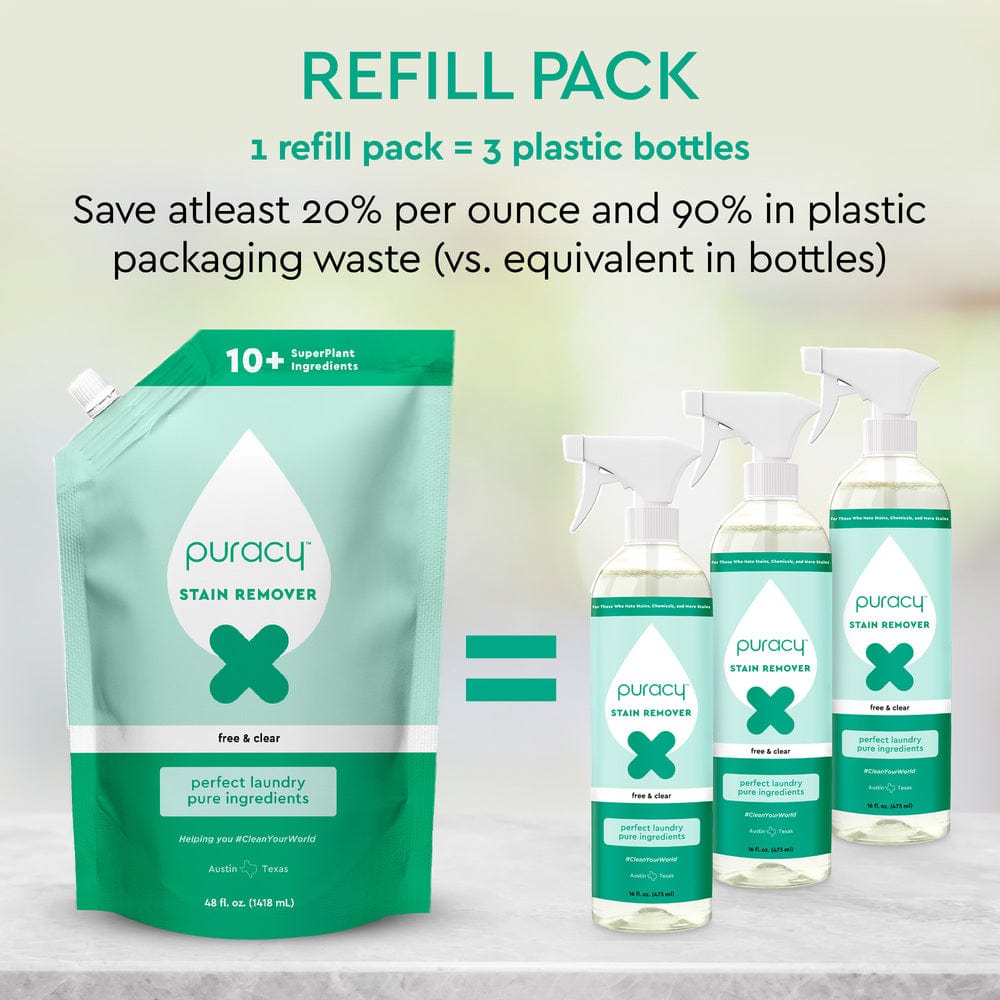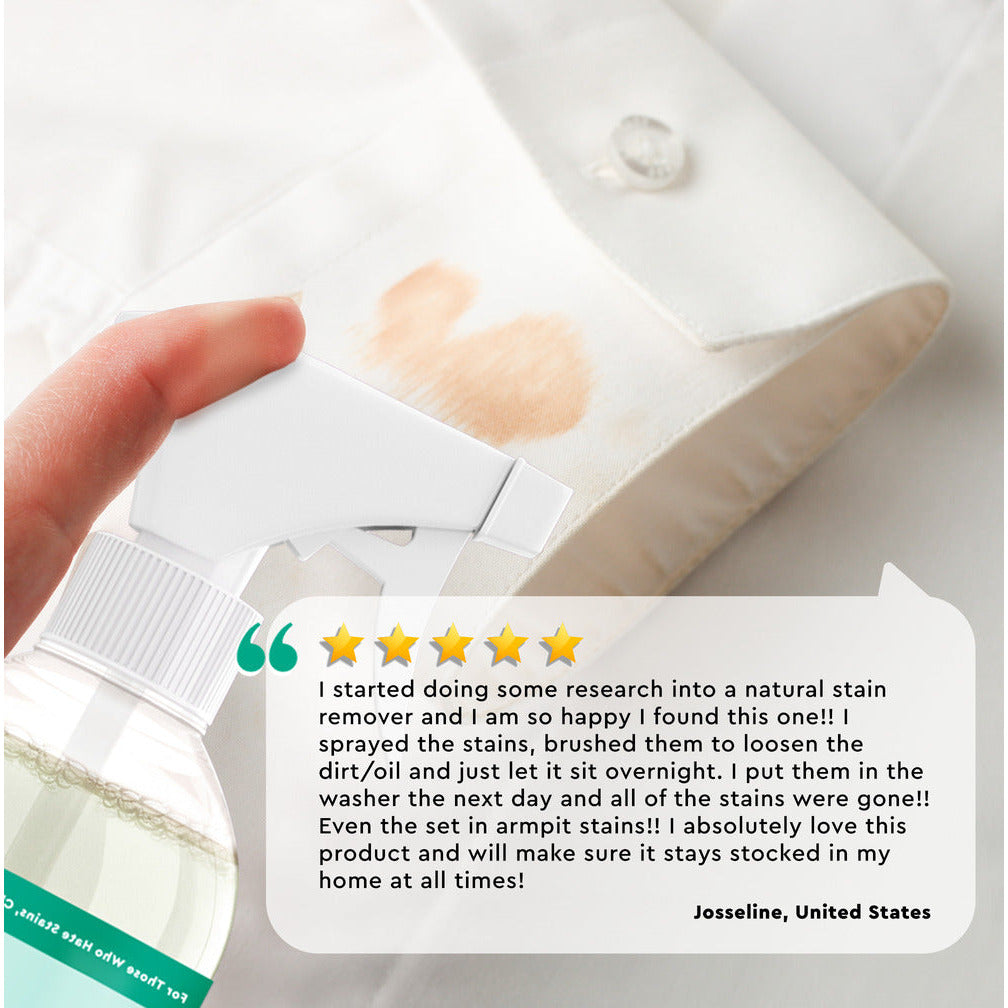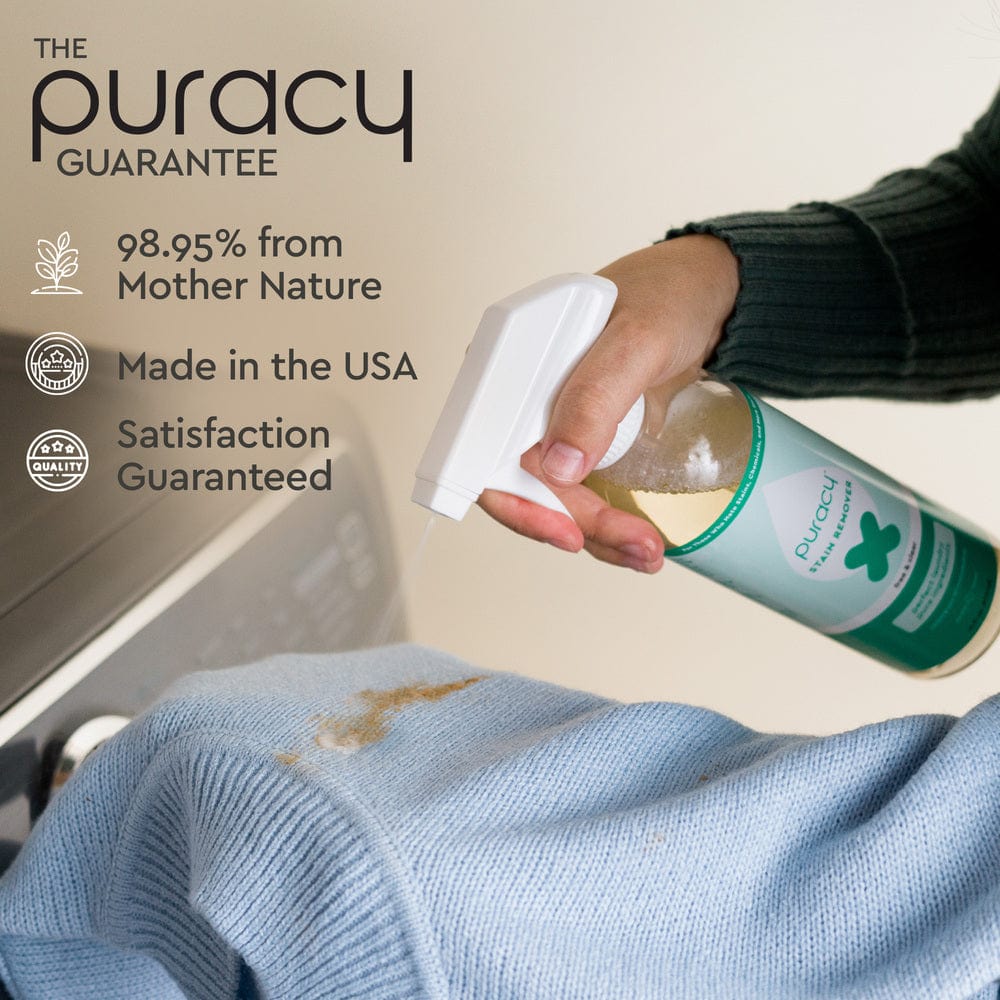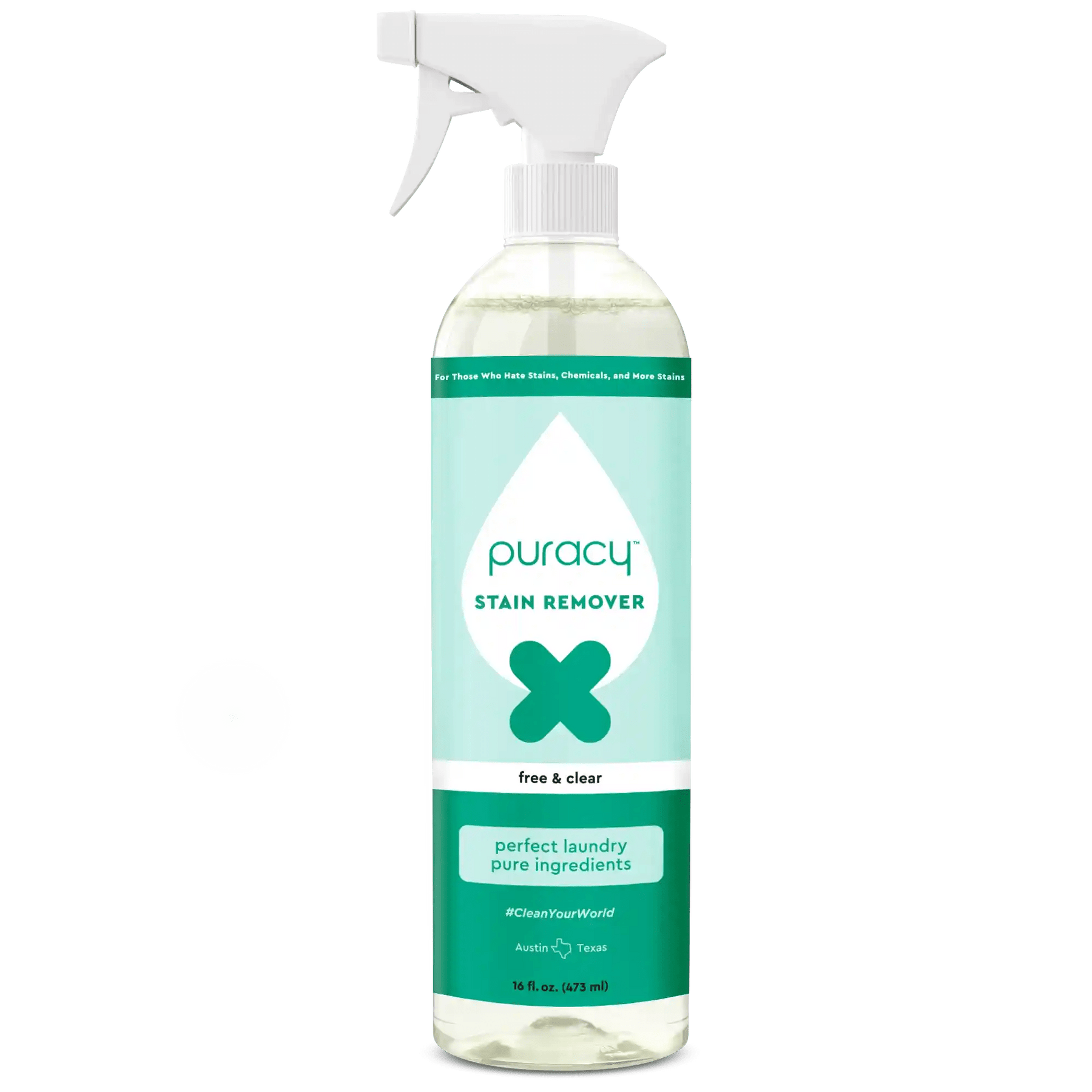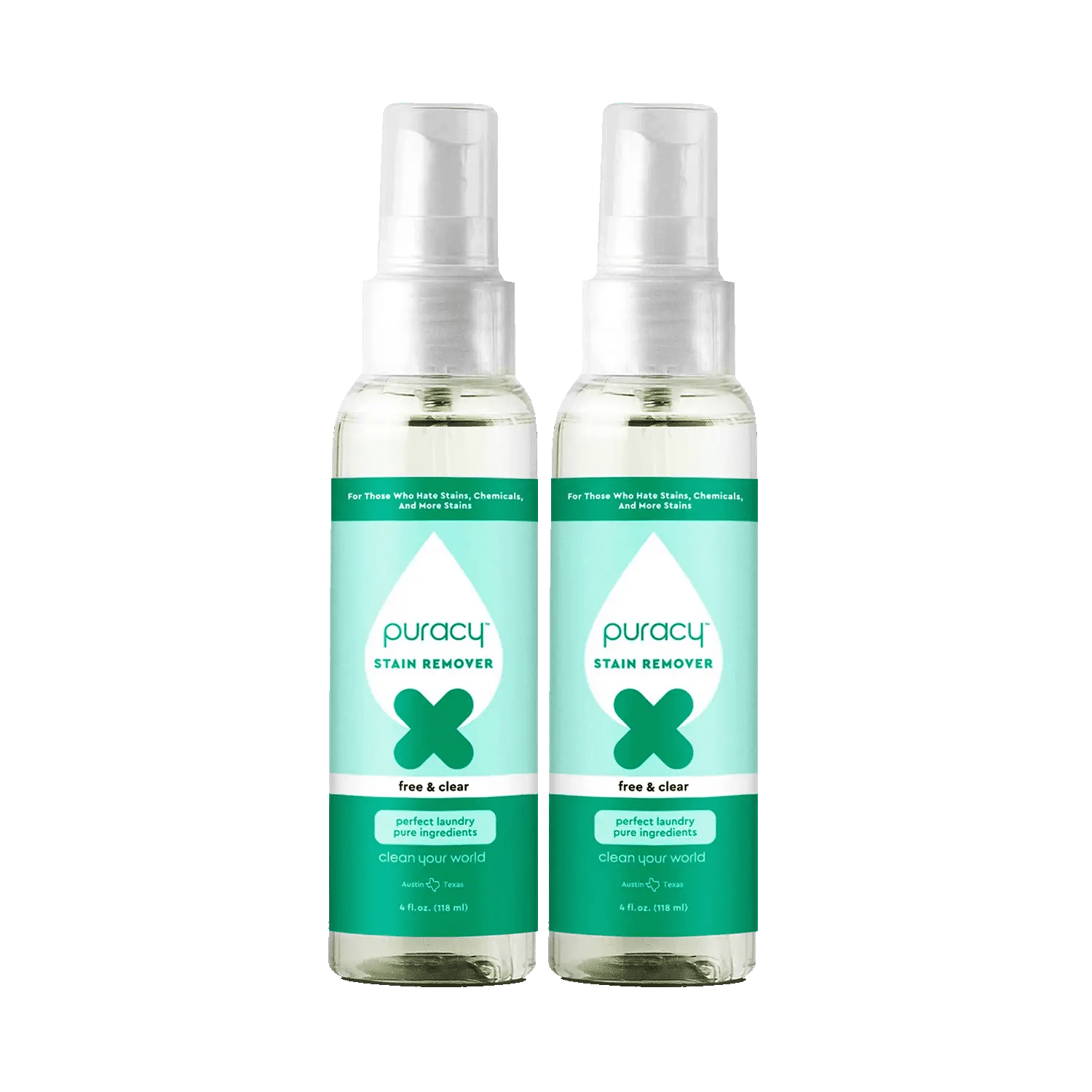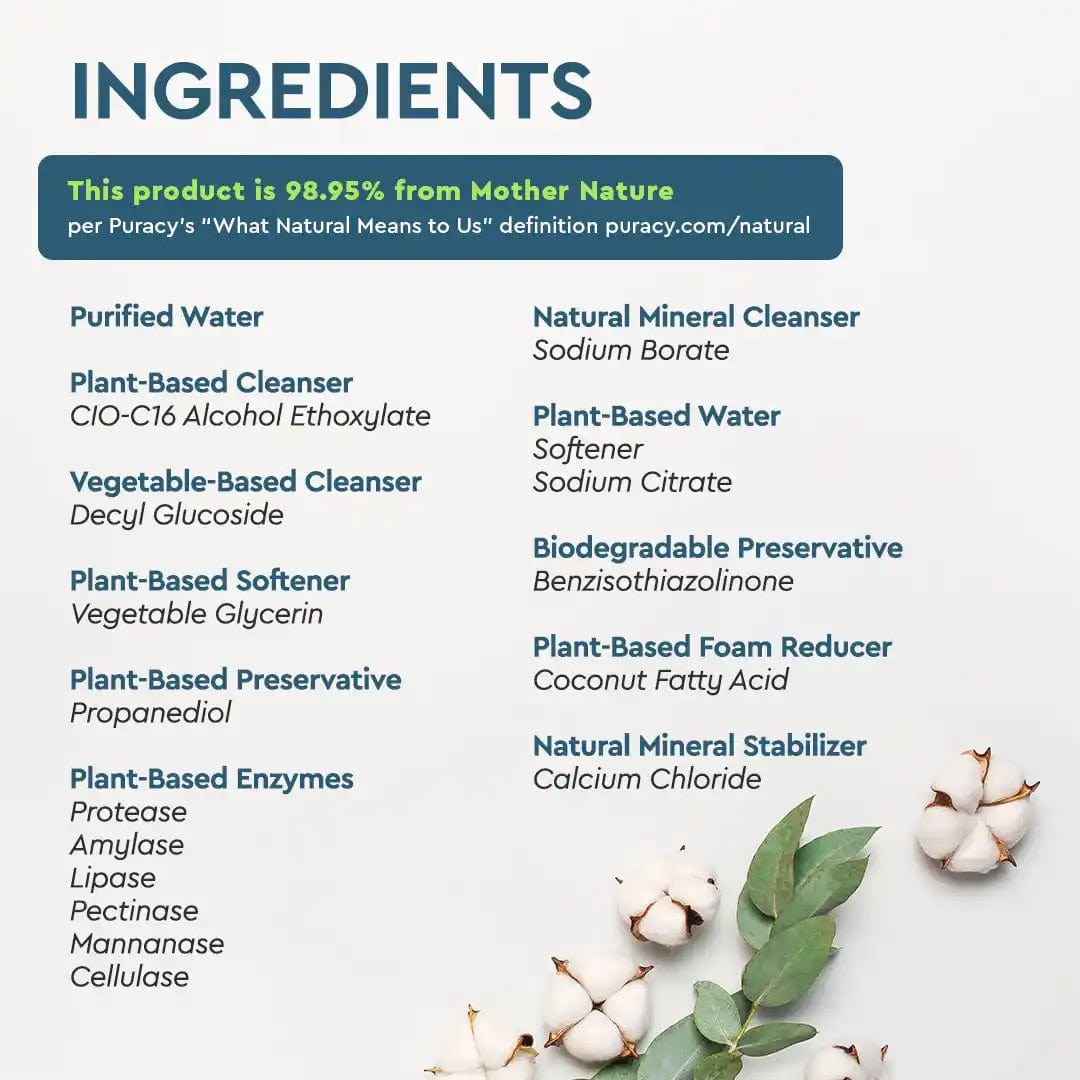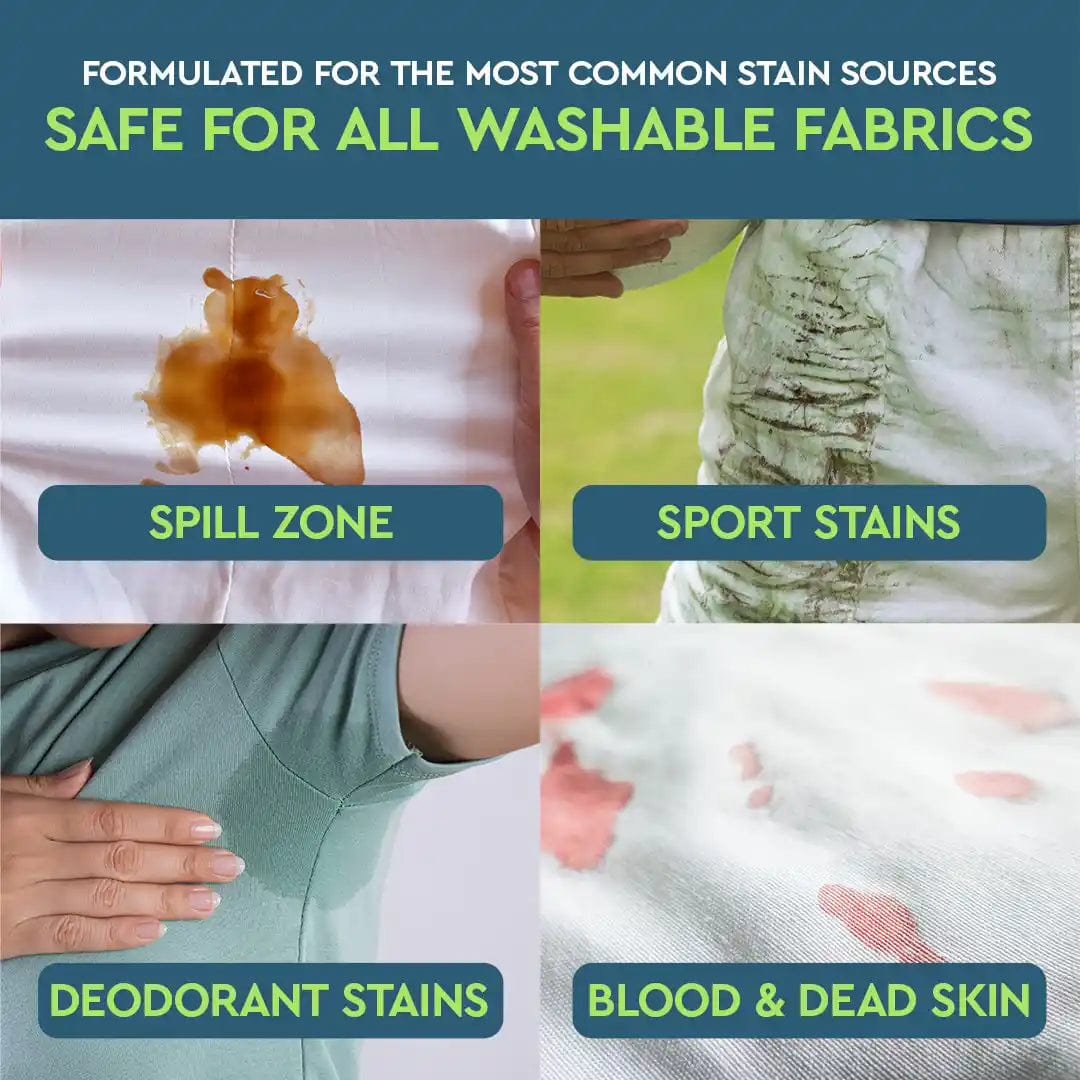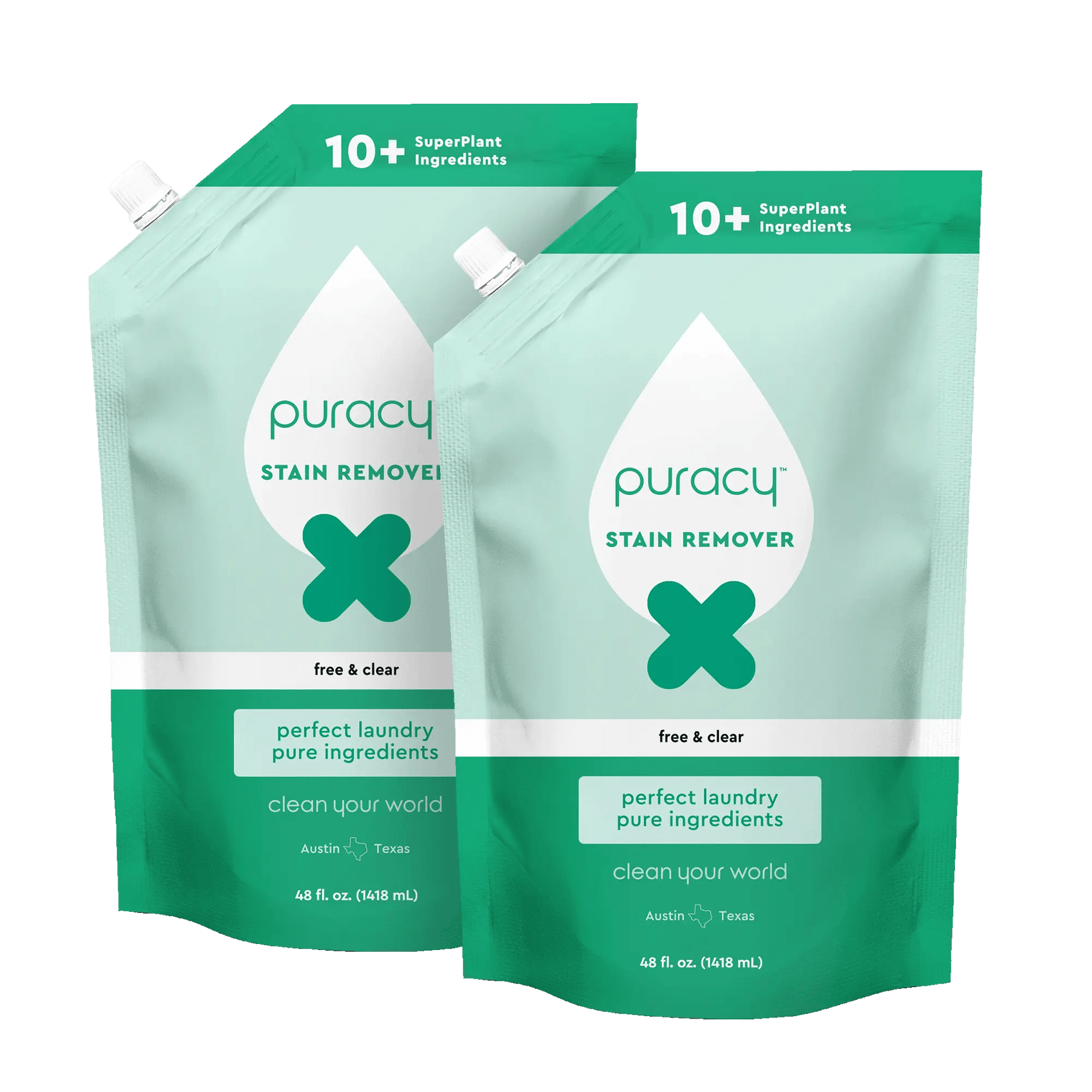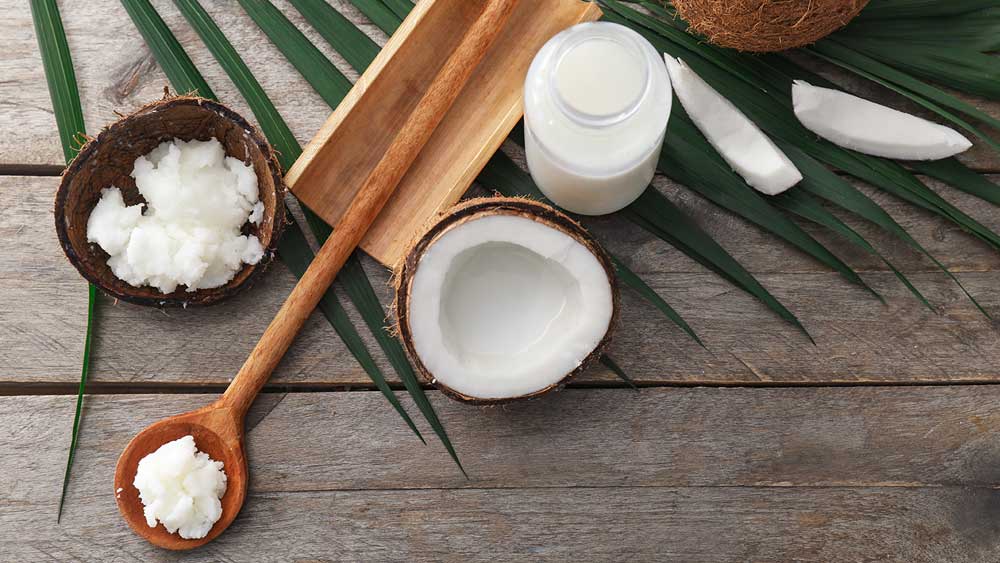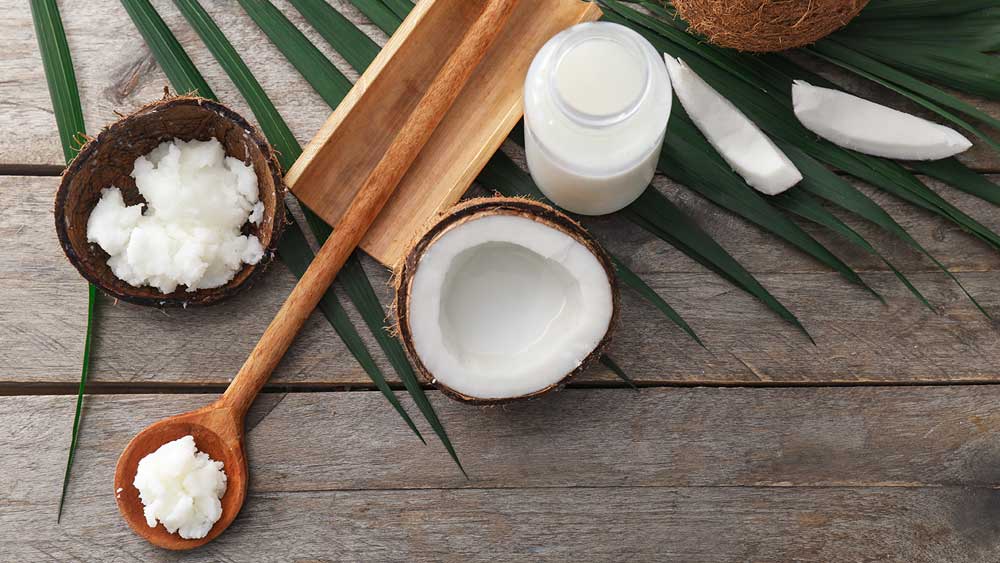- Derived from: plants
- Pronunciation: (\ˈpek-tə-ˌnās\)
- Type: Naturally-derived
- Other names: polygalacturonase
Used in both the food industry and cleaning formulas, pectinase has a multitude of uses. Learn how it's made as well as its benefits in a variety of products.
What Is Pectinase?

Pectin is a polysaccharide, a soluble fiber that can be found in fruits. This fiber binds intestinal substances and can also reduce the amount of cholesterol the body absorbs from food.
Pectinase, also called polygalacturonase, is a naturally occurring enzyme that breaks down pectin, which is a substance found in the cell walls of certain types of plants and fruits and used in products as a thickener, gel, and starch. Pectin helps ripening fruits hold their shape; as a fruit becomes overripe, the pectin breaks down into simple sugars and the fruit consequently gets soft.[1]
Scientific Background of Pectinase
Pectinase enzymes are usually used to break down plant materials and are commonly found in wine production and brewing. They are extracted from fungi which produce enzymes that break down plants in order to extract nutrients. Naturally produced by different plants, insects, bacteria, and yeasts, pectinase cannot be synthesized by animal or human cells.
Varieties of Pectinase
Pectinase can be classified into three basic types with different functions:
- Pectin esterase: forms pectic acid
- Hydrolases: Catalyzes hydrolytic cleavage in pectic acid and pectin
- Lyases: Catalyzes the cleavage n pectic acid and pectin
What Does Pectinase Do in Our Products?

Pectinase has many uses, including in pulp and paper production, brewing and wine-making, and food processing.[2] It is also effective in detergents because it helps remove stains from fresh fruits, such as tomatoes and berries.[3]
-
Food Making
In food, pectinase is used to modify the texture of plant-based food, including juice and wine. This enzyme has become an integral part of commercial food processing, especially when it comes to liquefaction, clarification and juice extraction.
-
Paper Production
Pectinase is also an important component of papermaking. Pectinase enzymes are added to pulp to improve retention of fines and filler particles, improving the paper's quality while also decreasing its negative environmental impact.
-
Winemaking
In wine production, pectic enzymes break down pectins to prevent a hazy appearance, while also aiding in pressing fruit to improve color and juice extraction.
-
Stain Removal
Pectinase can be a natural stain remover, especially when applied to dark fruit stains. The enzyme attacks pectin-containing stains, breaking down pectin molecules until they can be washed away with water.
Why Puracy Uses Pectinase
We use pectinase because it makes things clean and is a good alternative to bleach. Whole Foods has deemed the ingredient acceptable in its body care and cleaning product quality standards.[7,8]
How Pectinase Is Made

Pectinase occurs throughout the natural world, but microbes are the primary tool through which it is made for commercial purposes. Producing microbial pectinase occurs mostly by submerging bacteria in a liquid that is continuously agitated, or via solid-state fermentation, which involves growing the microbes on a substrate. The microbes secrete the lipase, which is then purified, homogenized, and crystallized for sale.[4,5,6]
Is Pectinase Safe?

Discover whether pectinase is safe to be used in your household around your family and pets.
-
For Health
Since these enzymes break down pectin in plant cells, their presence can promote digestion, especially in relation to carbohydrates and plant-based foods. Its benefits extend to healthy gut health since their presence increases fatty acids and balanced pH levels.
-
For the Environment
As plant-based enzymes, they are a commercially produced industrial enzyme that is also an eco-friendly tool. It is preferable to use enzymatic catalysis over chemical methods when possible since it is less aggressive to the earth and energy saving.
Pectin vs. Gelatin

Pectin can be used as a gelling agent in food production to thicken liquids and create a gel-like texture. Gelatin is also a common agent, but unlike pectin, it originates in animals. It is also activated at a lower temperature and features a neutral flavor.
Companies opt for pectin over gelatin when they want to ensure their products are animal-free and vegan-friendly.
Pectinase Storage Tips

To safely store pectinase, follow these tips:
- Store in small aliquots at -20 degrees since they are heat sensitive.
- Protect it from moisture since it is hygroscopic and can become tacky and difficult to weigh.
- Pectin can expire and degrade in quality, so be sure to check the expiration date before using.
- Use appropriate personal protection when handling directly, including goggles and gloves, as well as ensuring adequate ventilation.
Sources
[1] Encyclopedia Brittanica
[2] U.S. National Library of Medicine
[3] AboutCleaningProducts.com
[4] Martin, N. et al. "Pectinase Production by Fungal Strains in Solid-State Fermentation Using Agro-Industrial Bioproduct." Brazilian Archives of Biology and Technology (2004) Vol.47, n. 5 : pp. 813-819
[5]Debing, J. et al., "Pectinase production by solid fermentation from Aspergillus niger by a new prescription experiment." Ecotoxicology and Environmental Safety (2006) Volume 64, Issue 2, Pages 244–250
[6] European Commission
[7] Whole Foods Market
[8] Whole Foods Market

